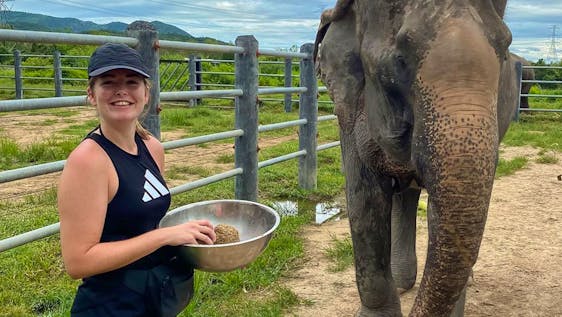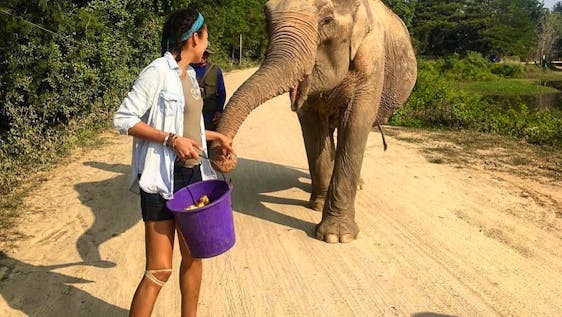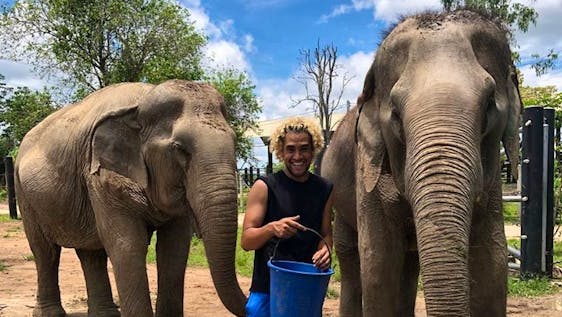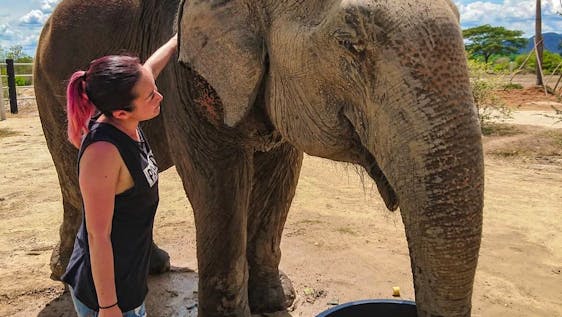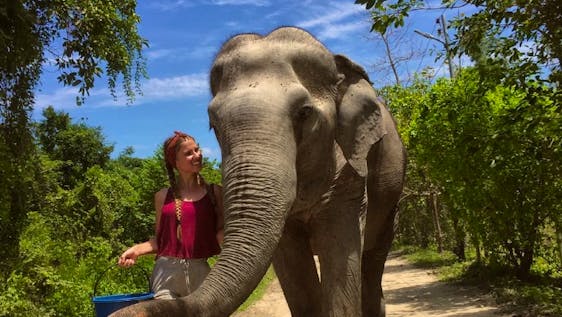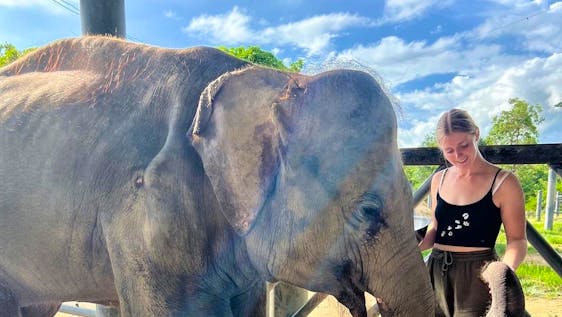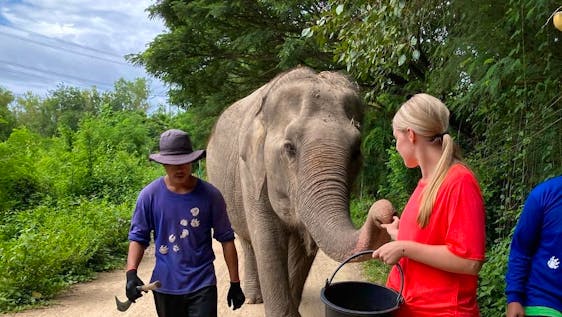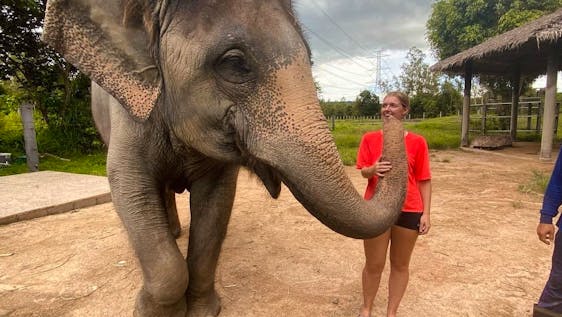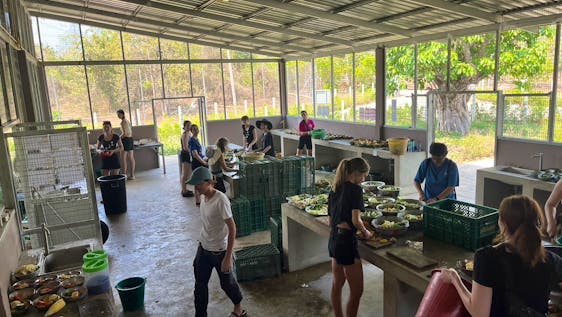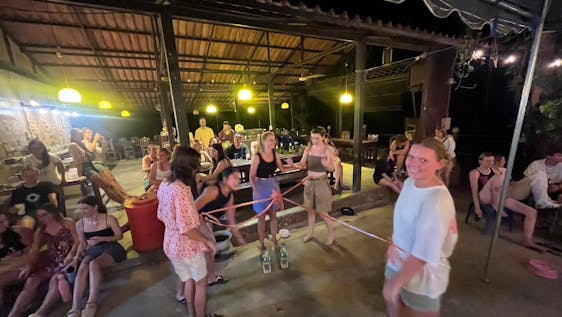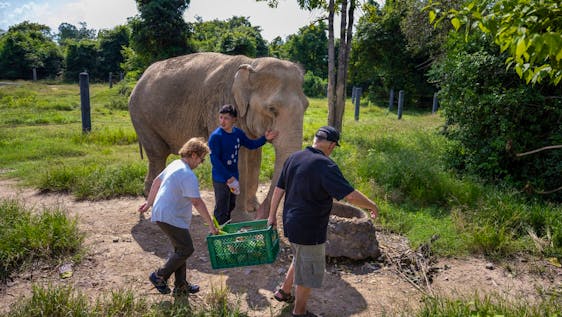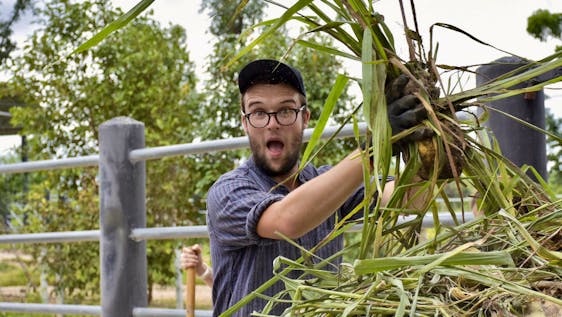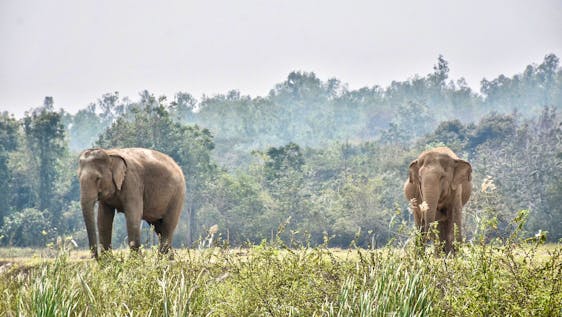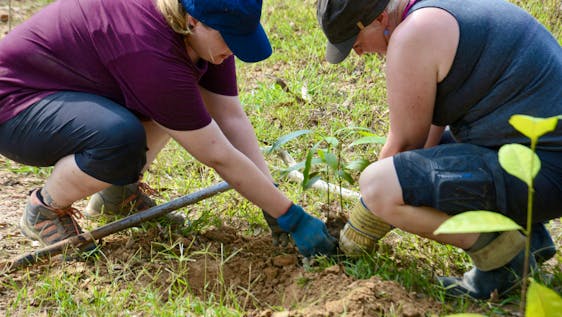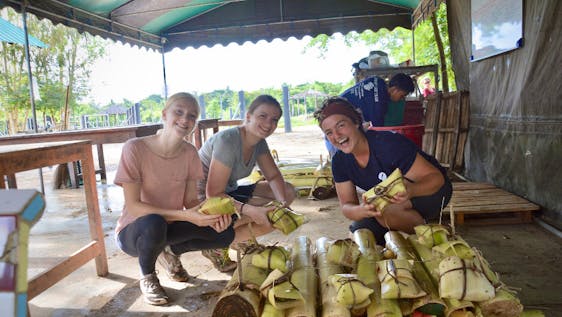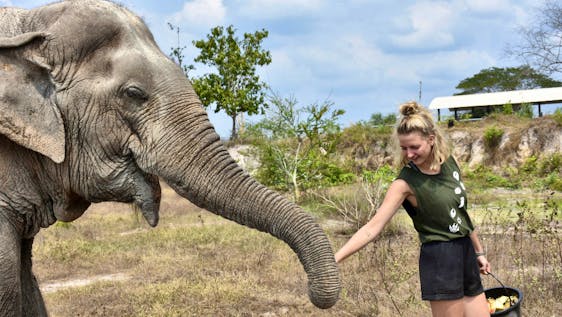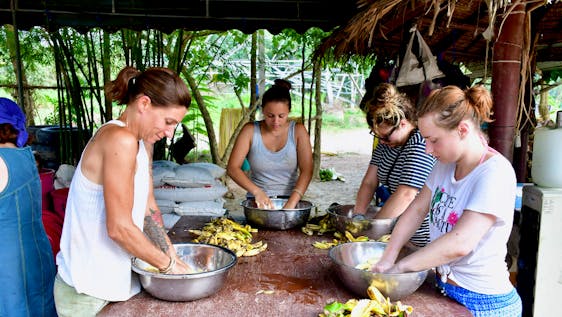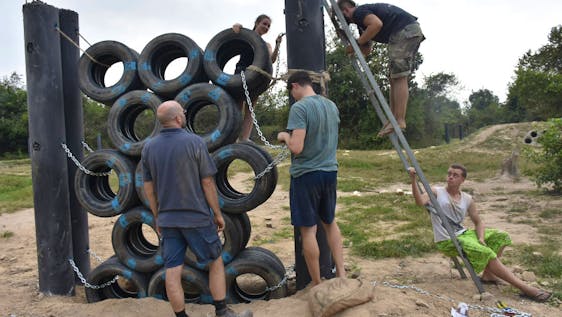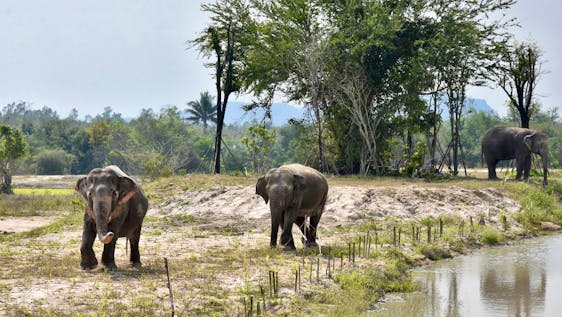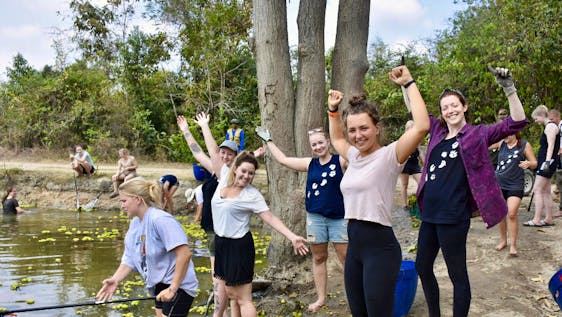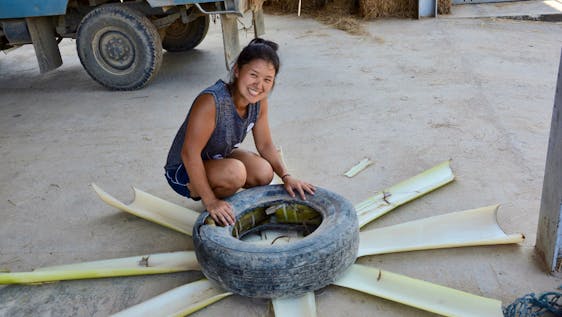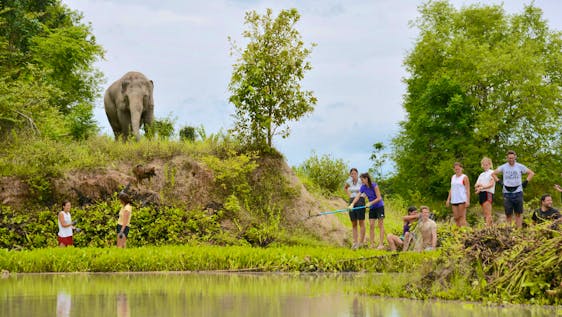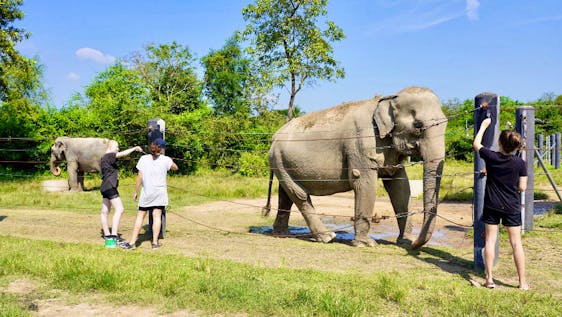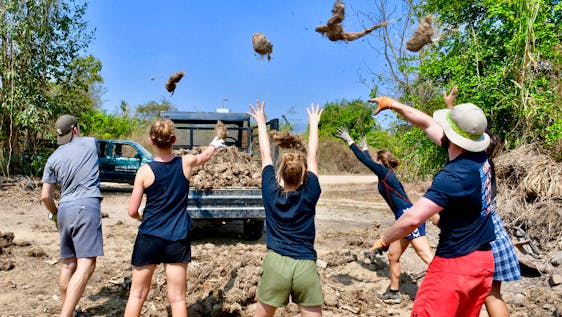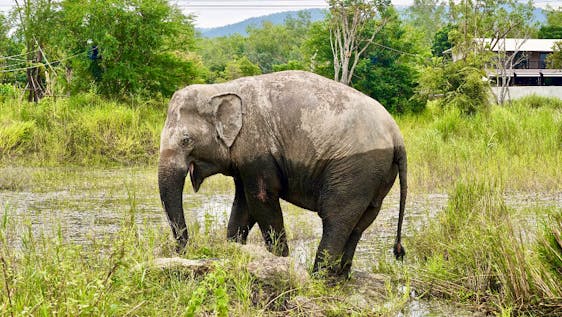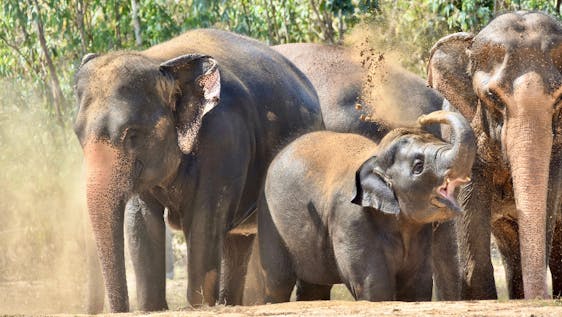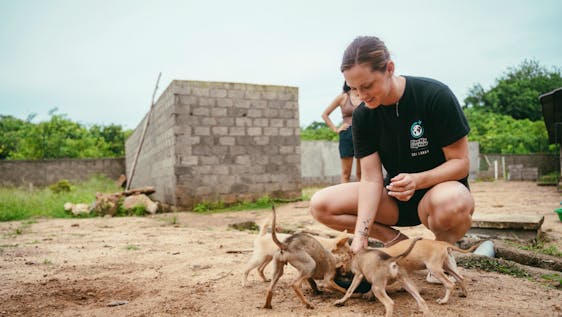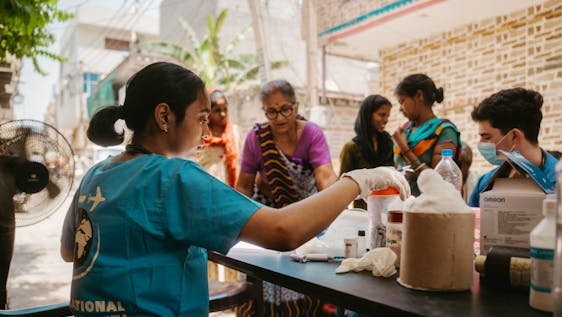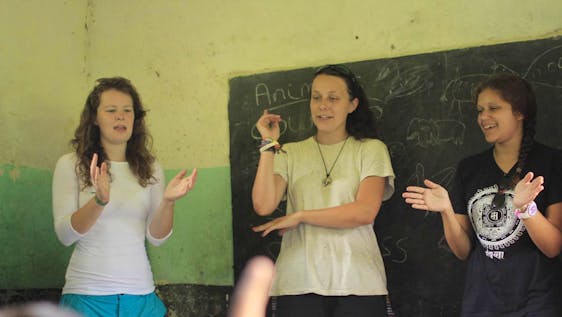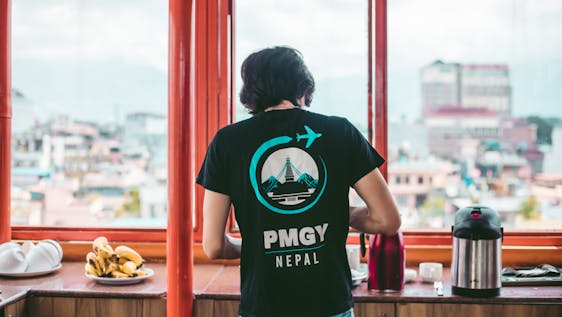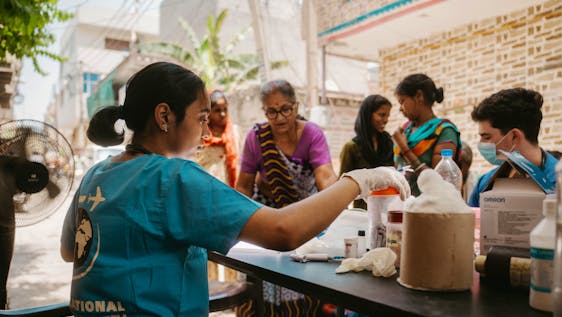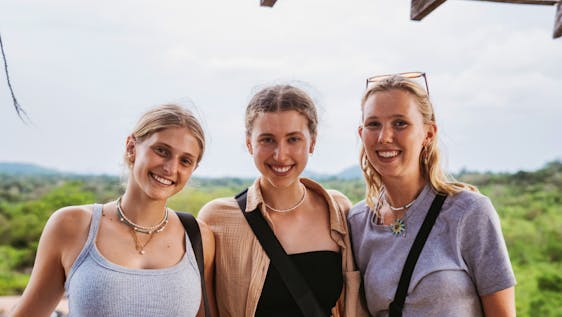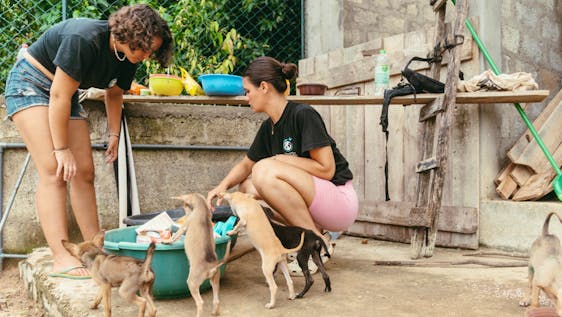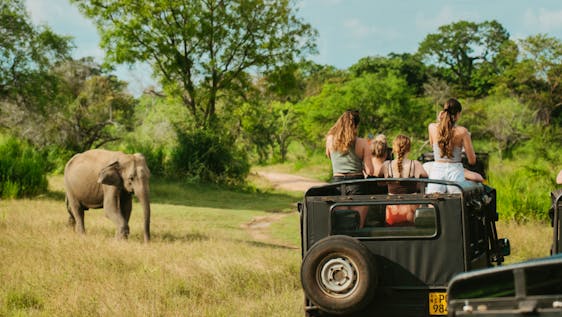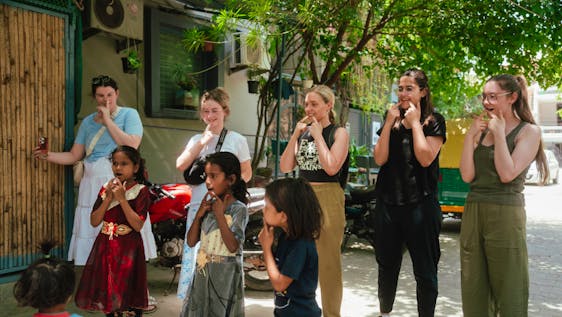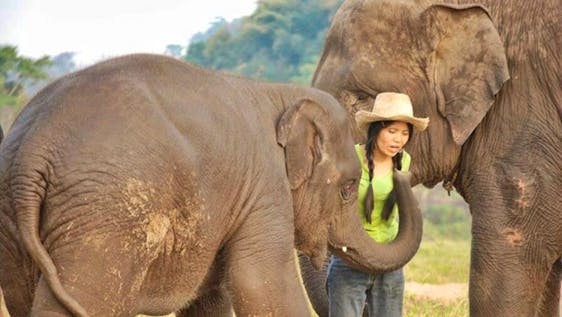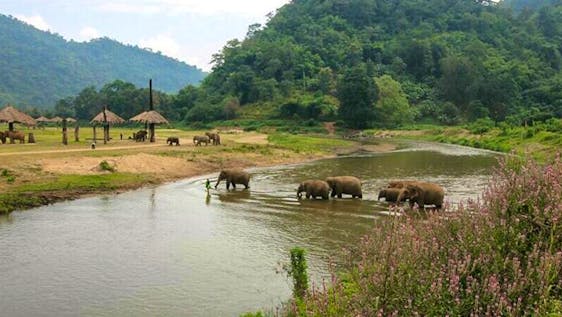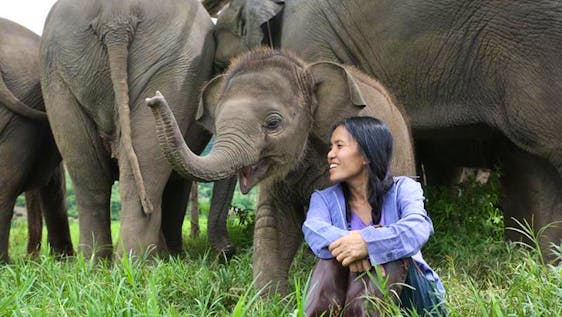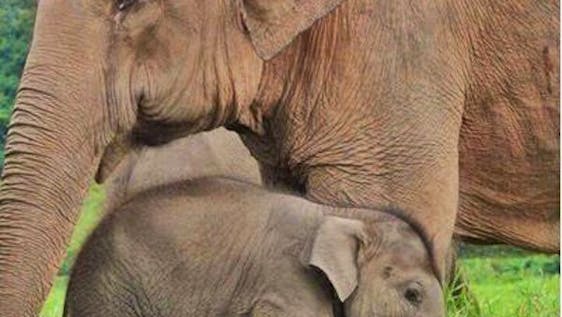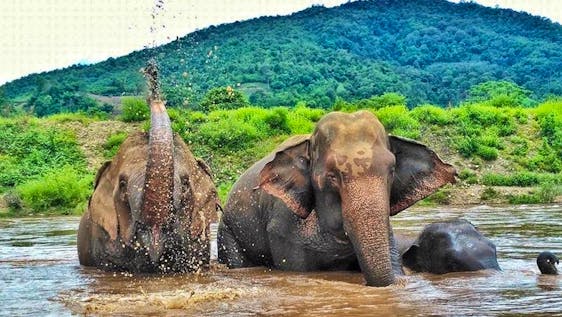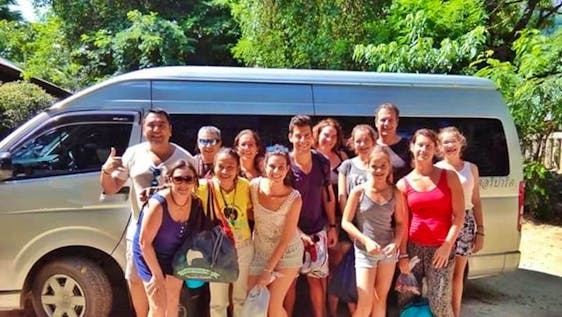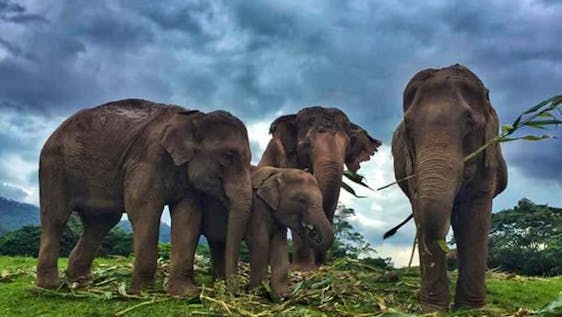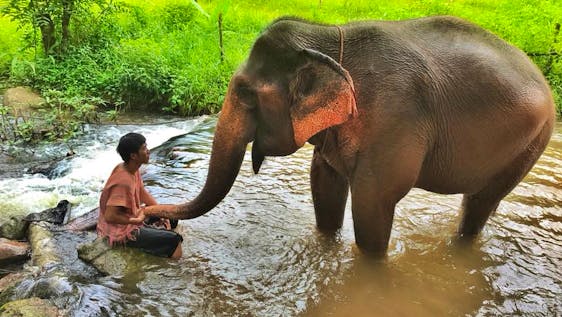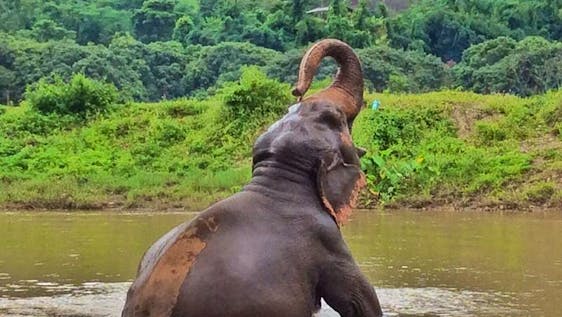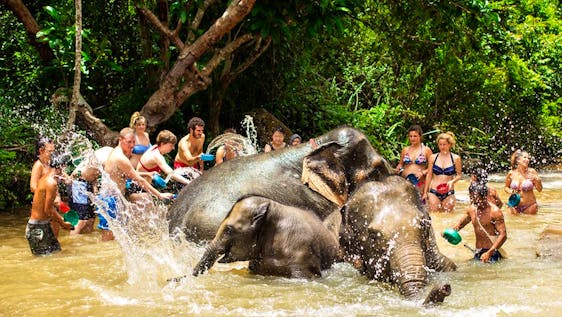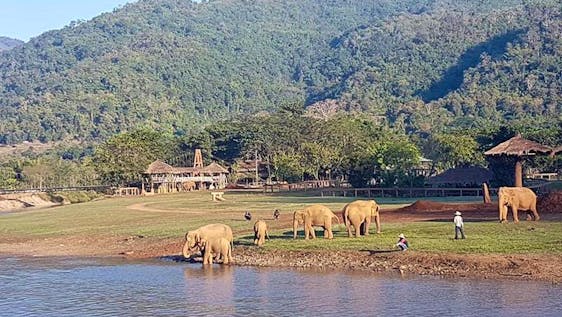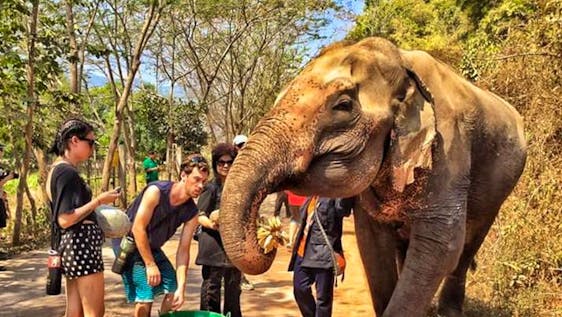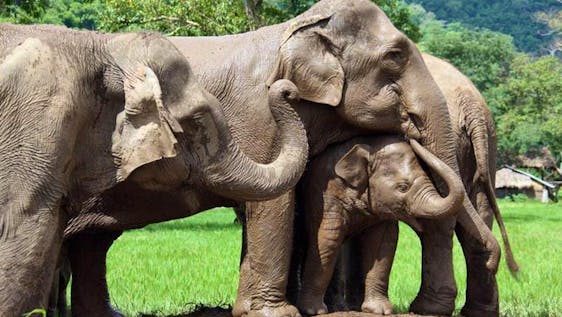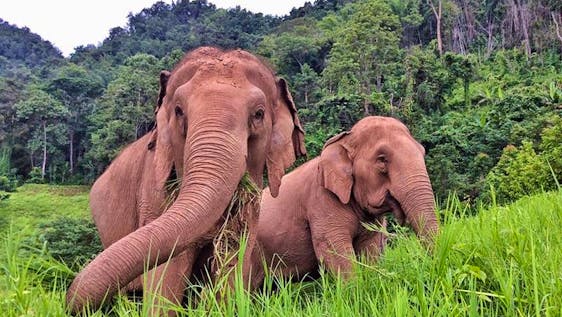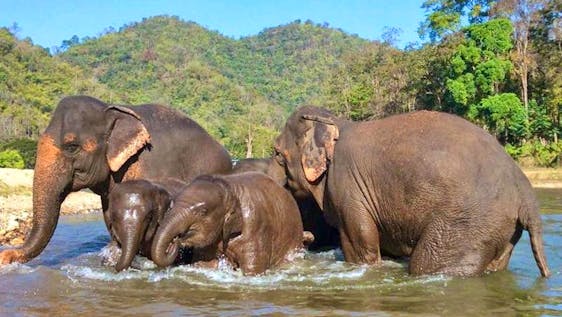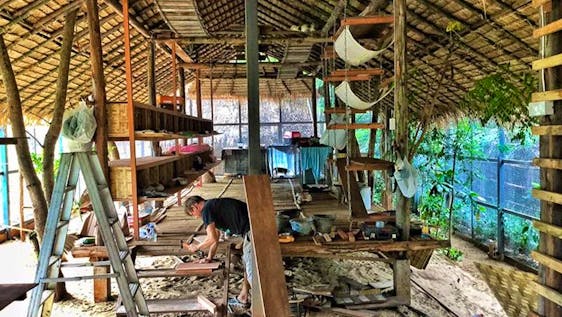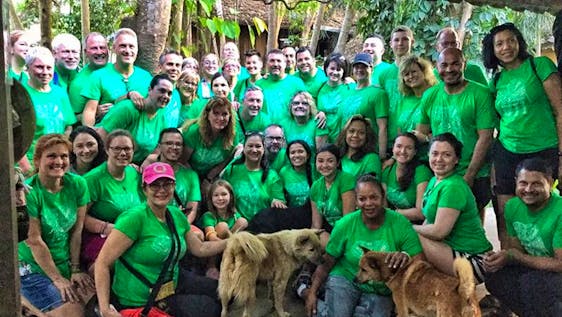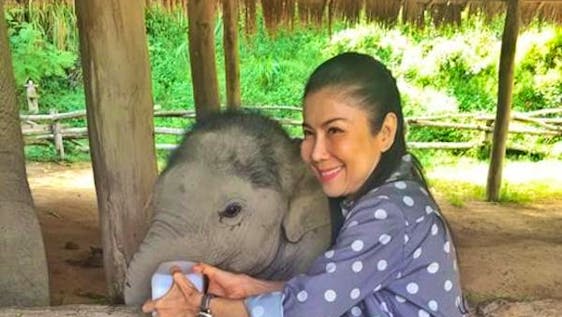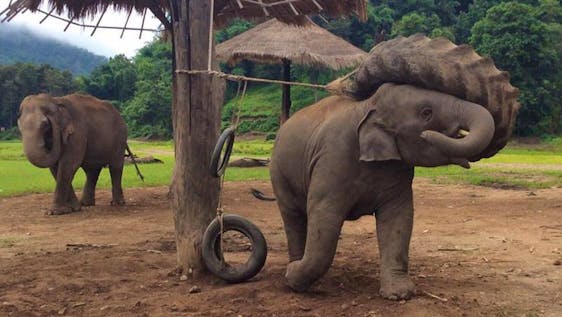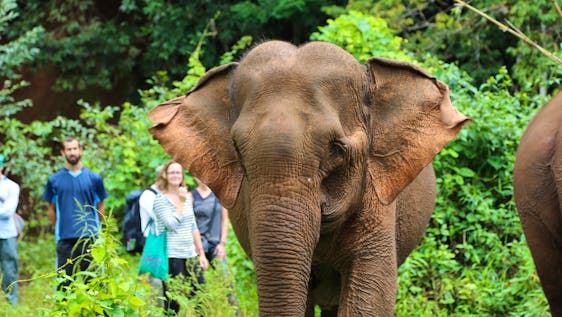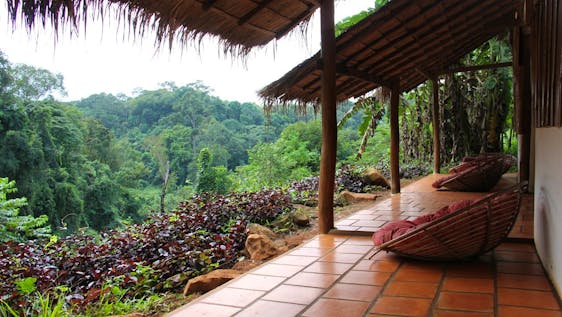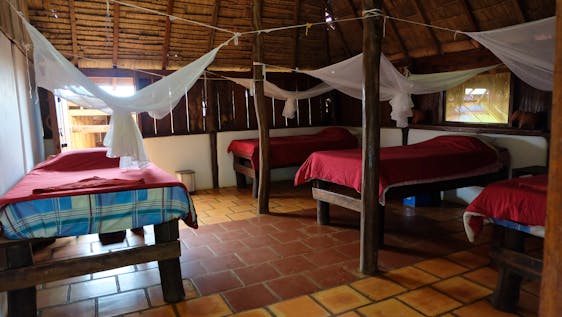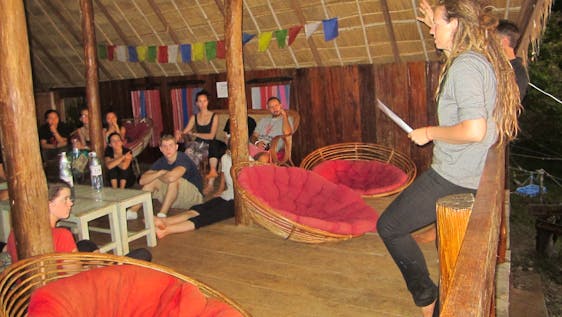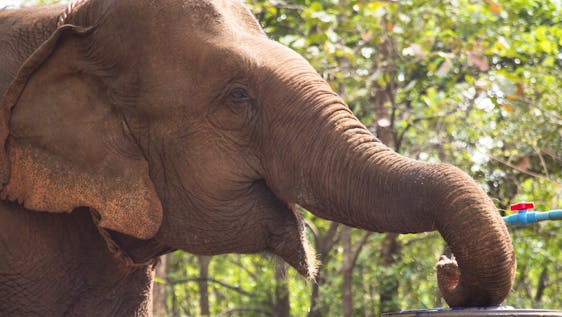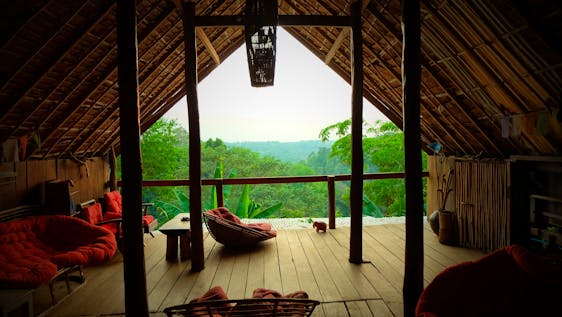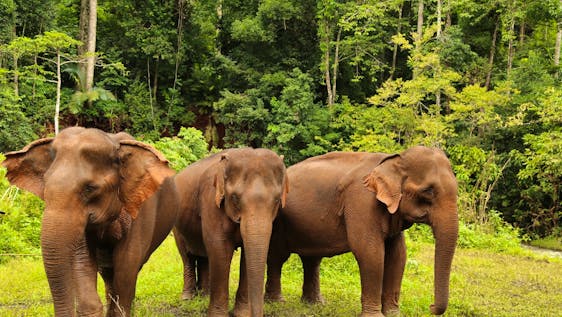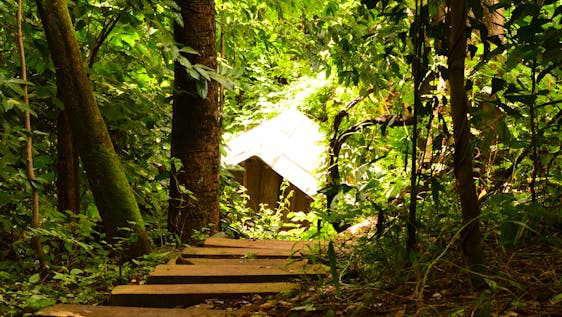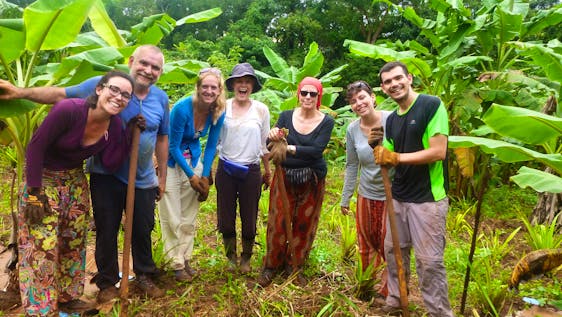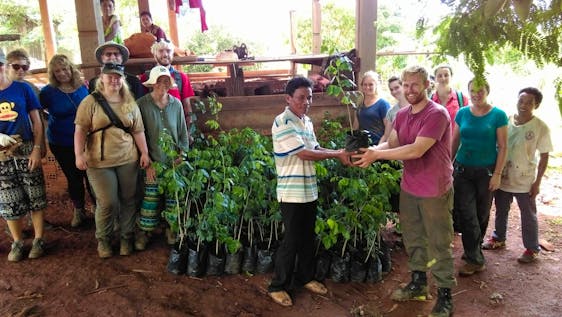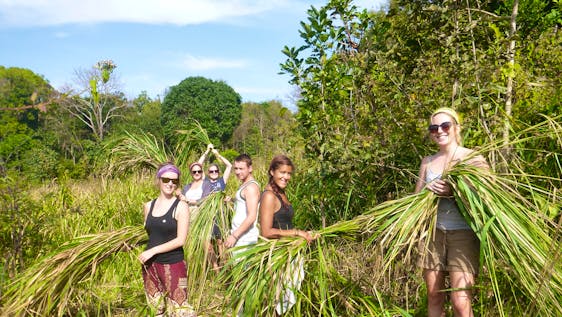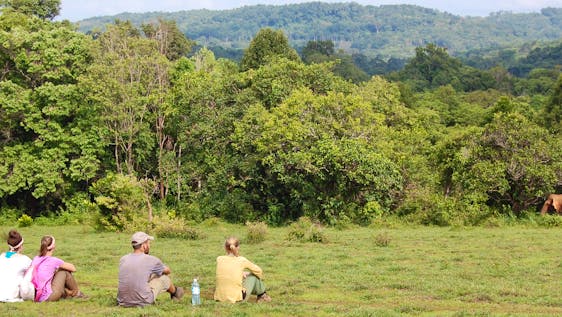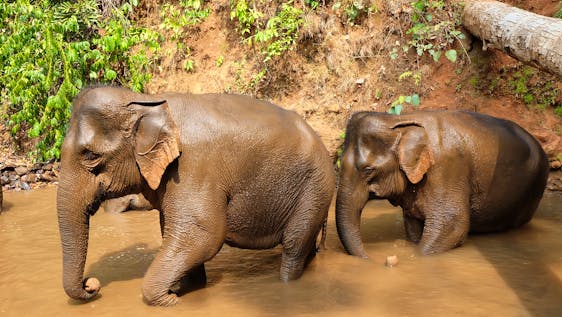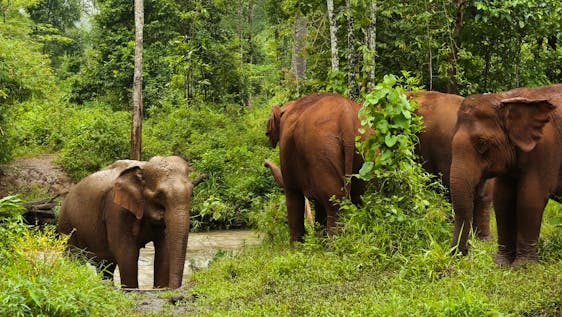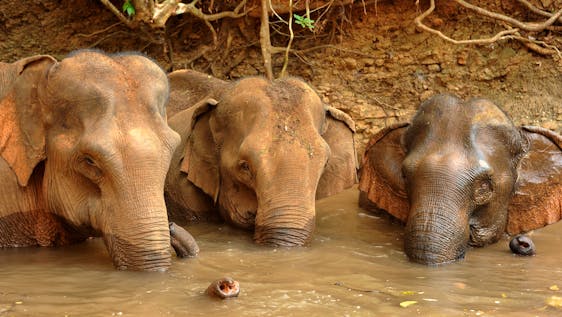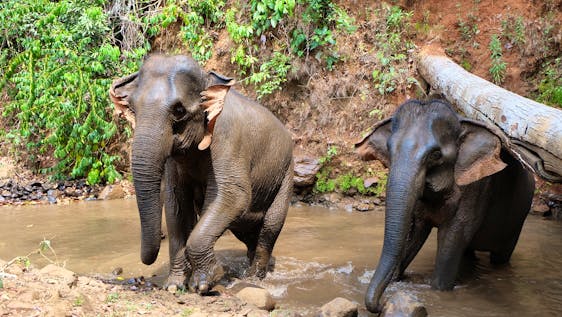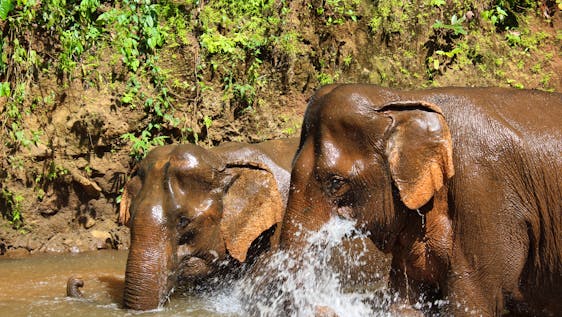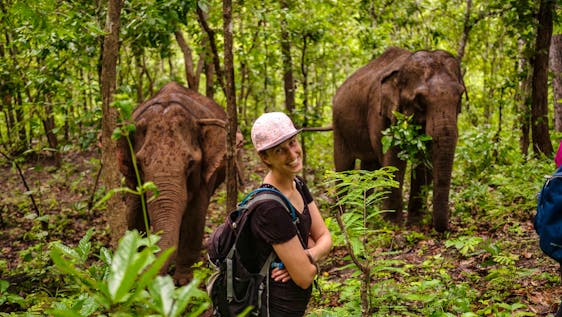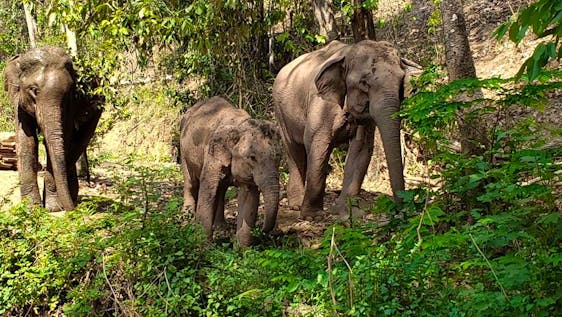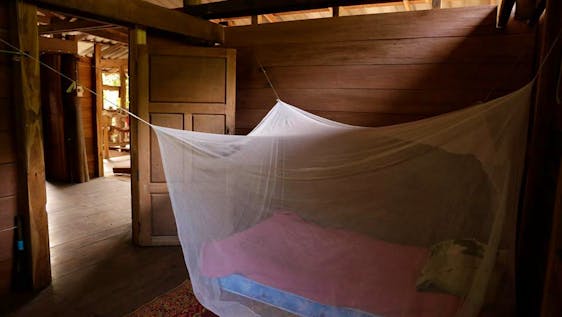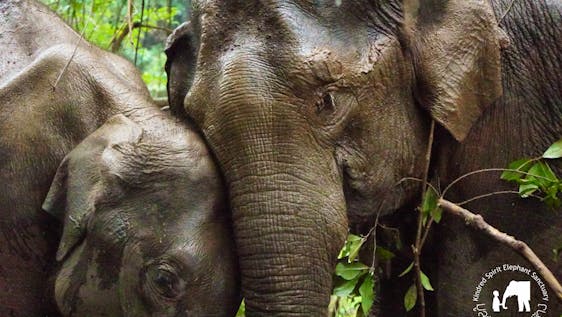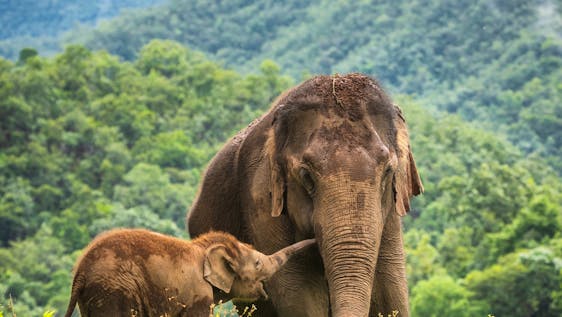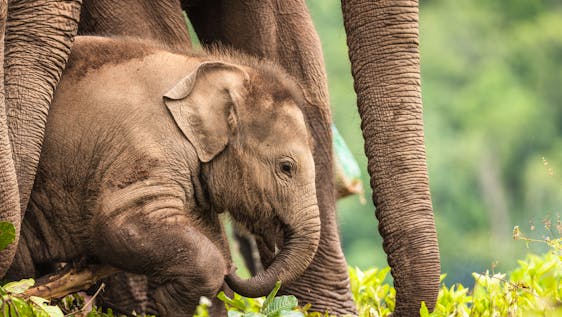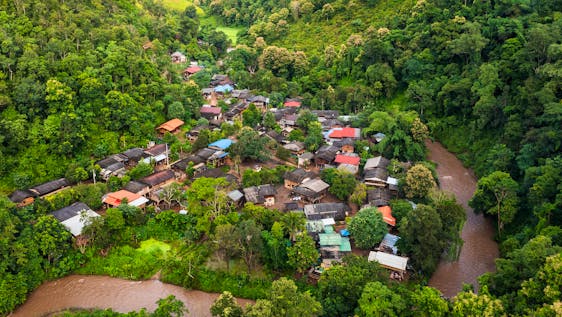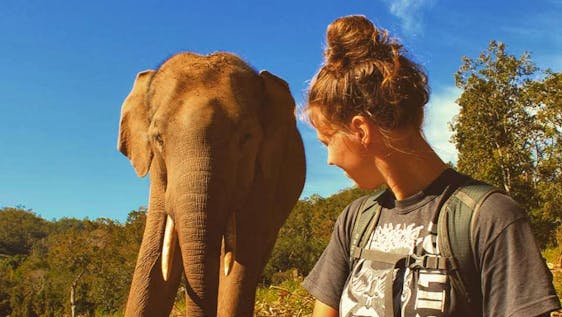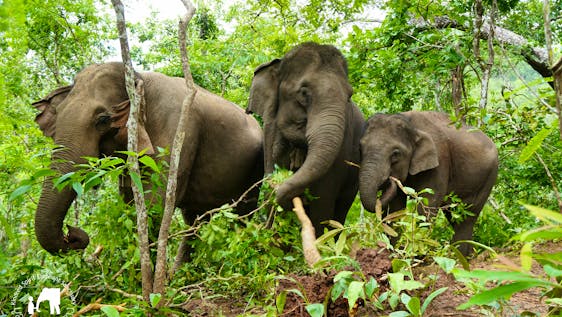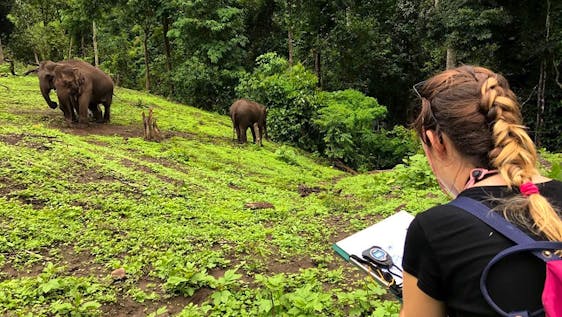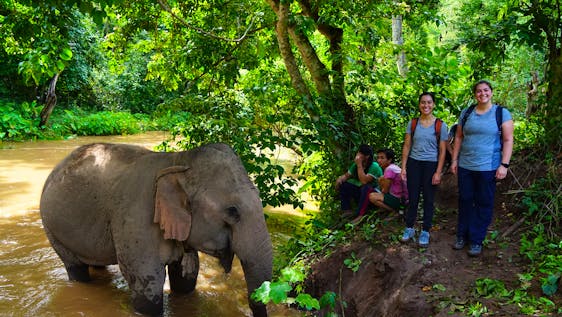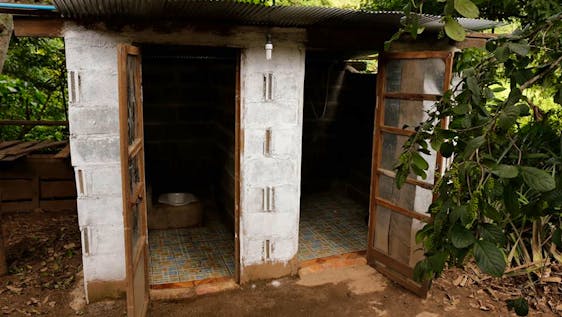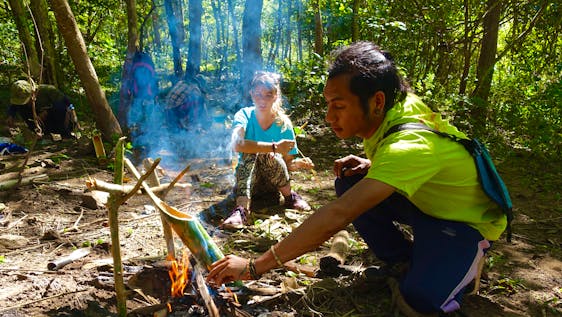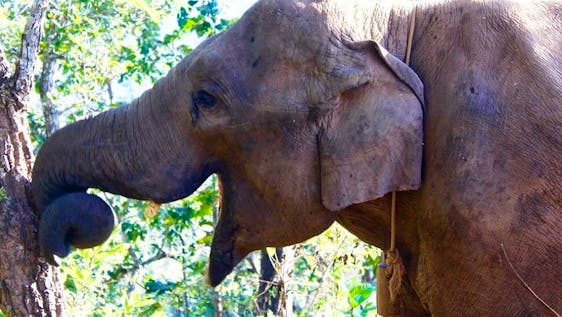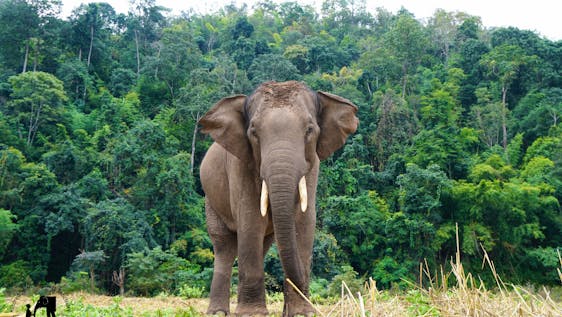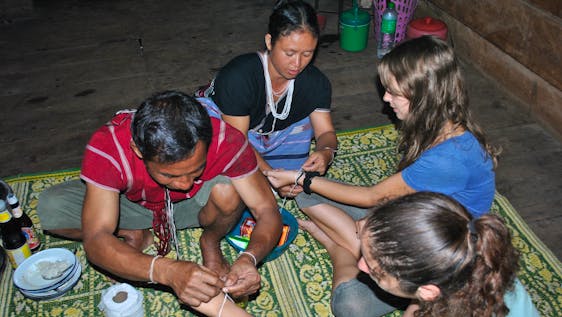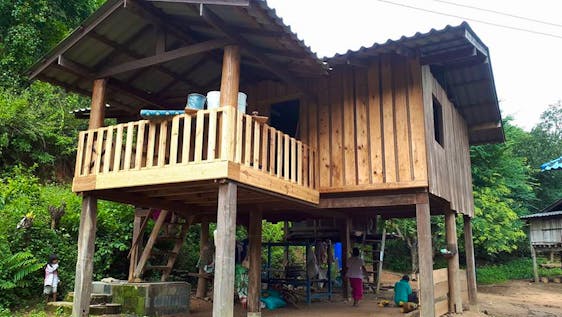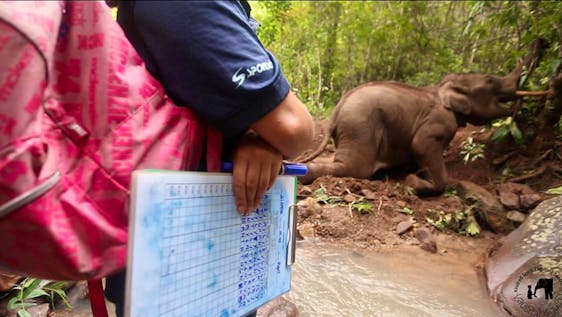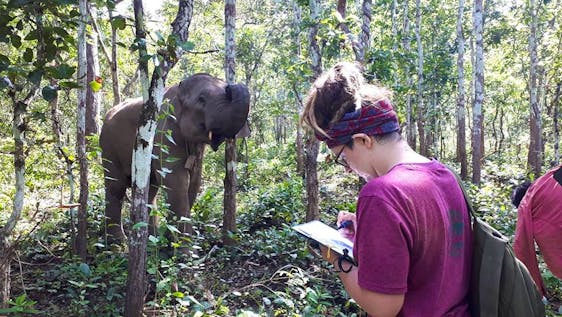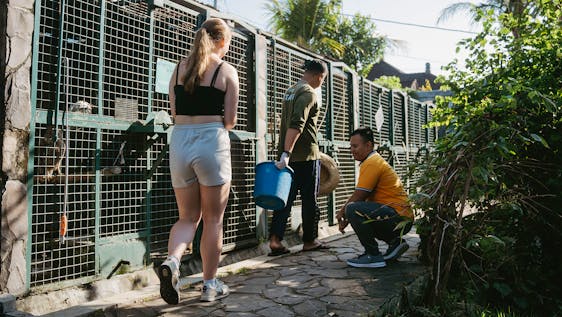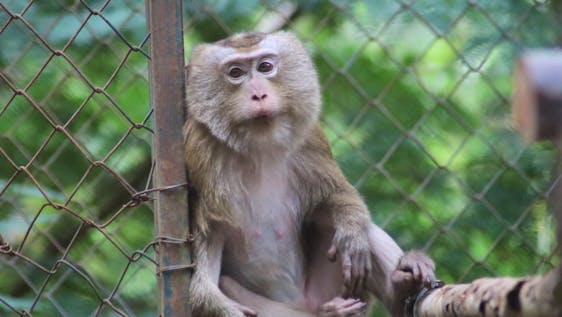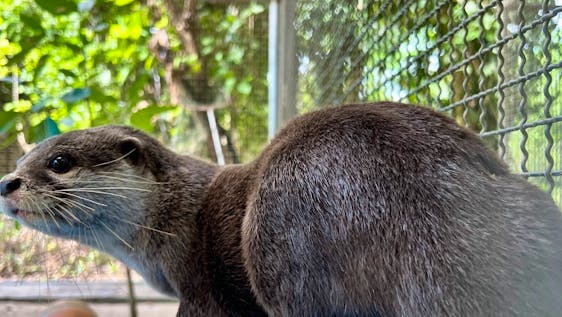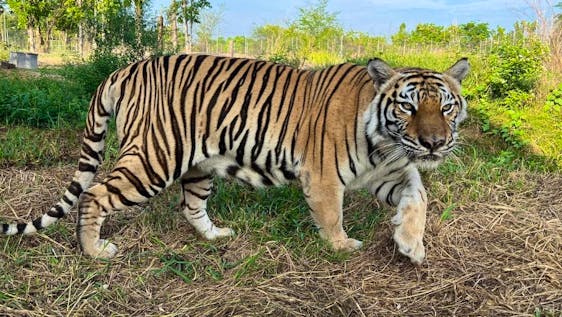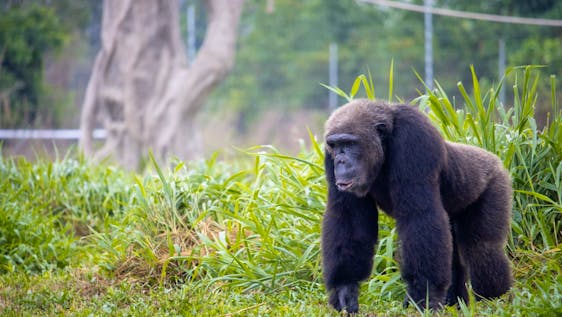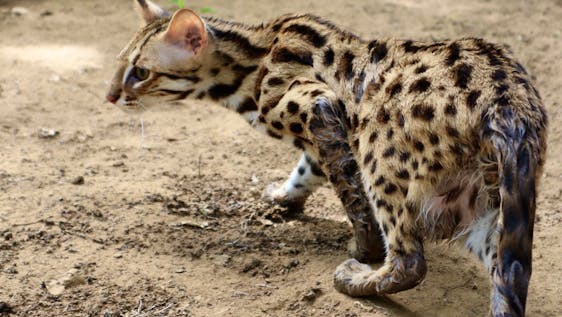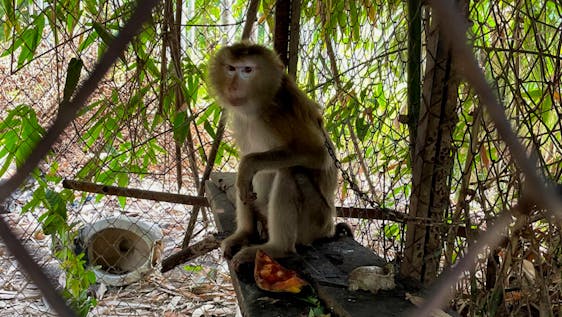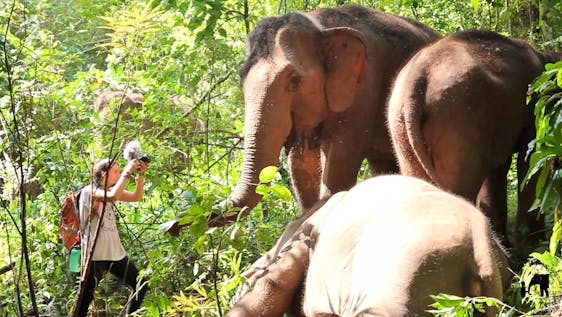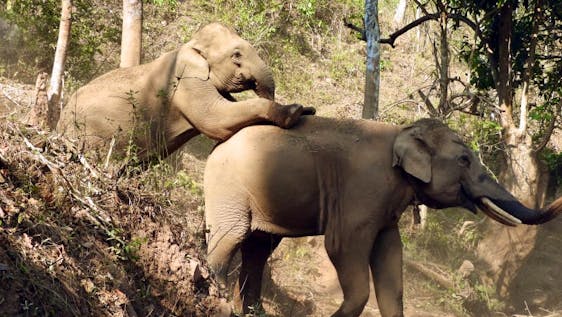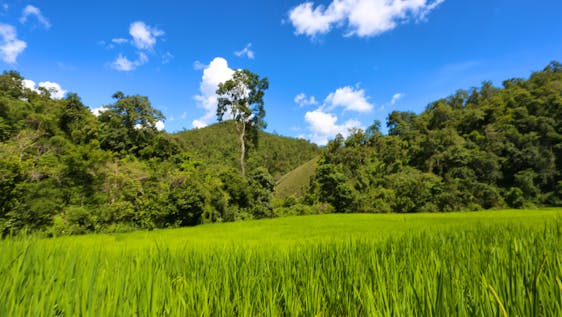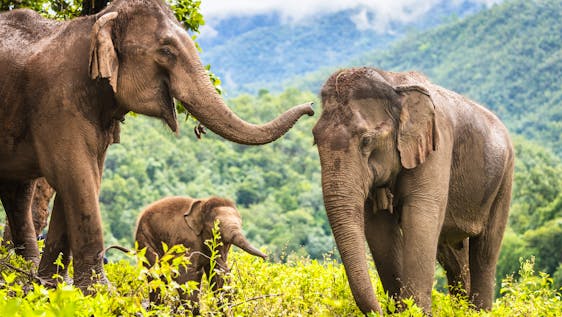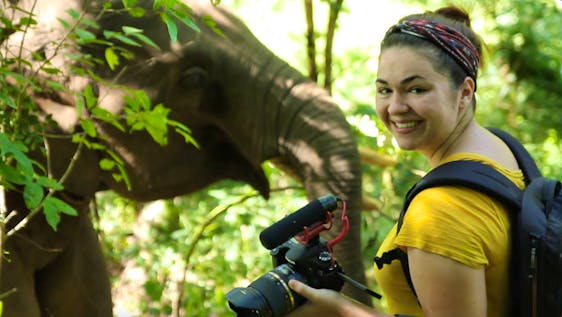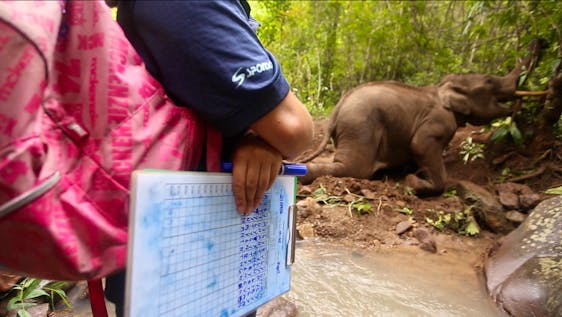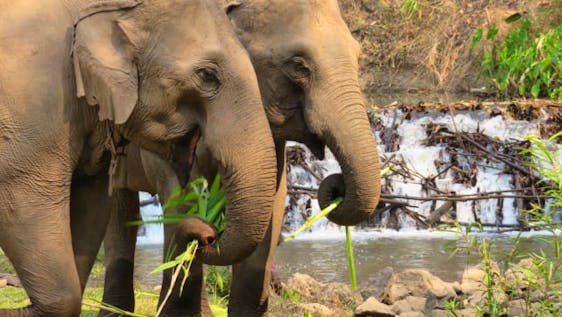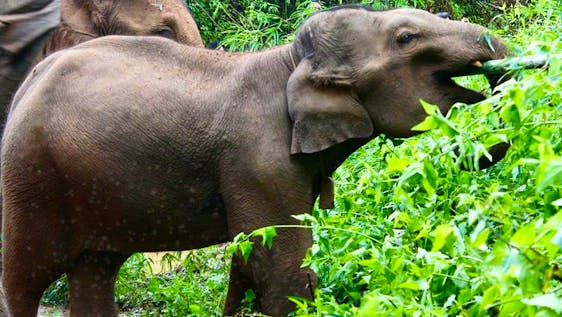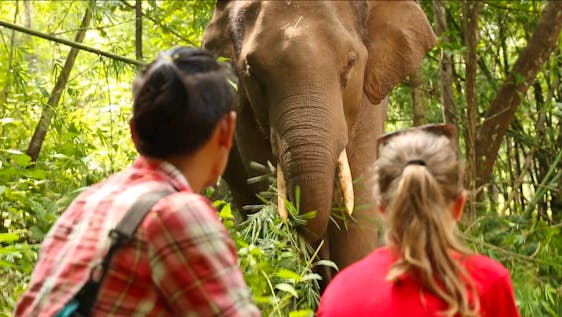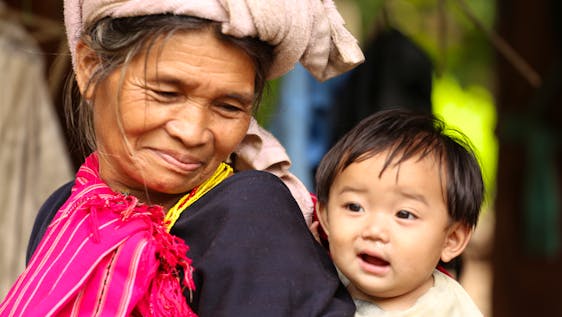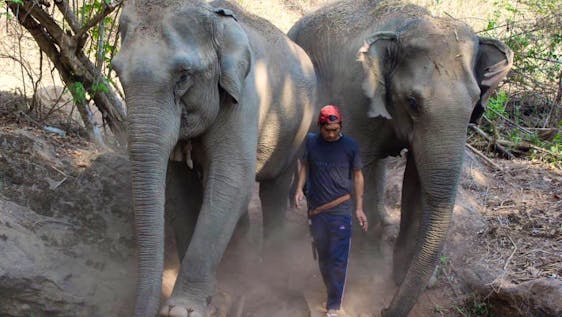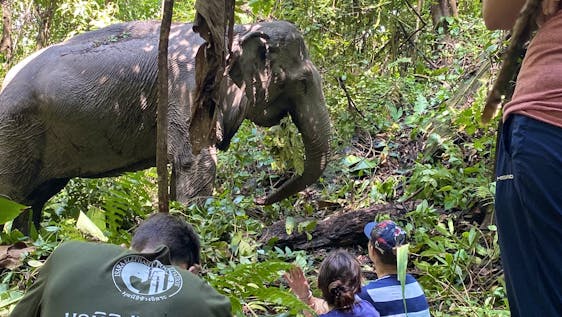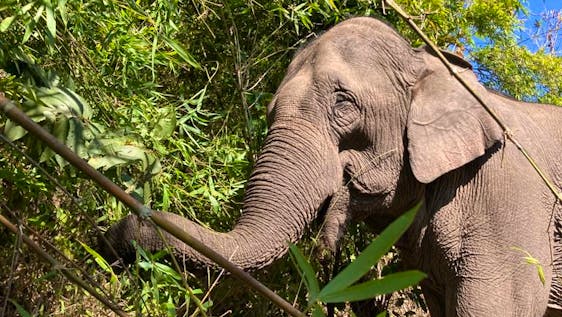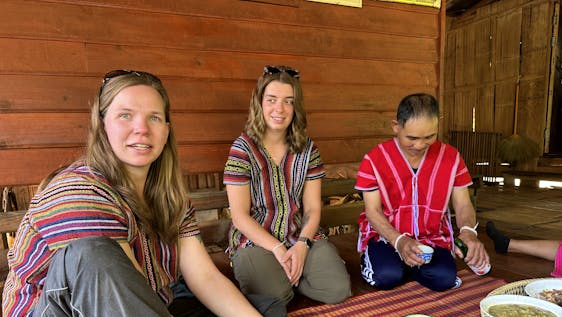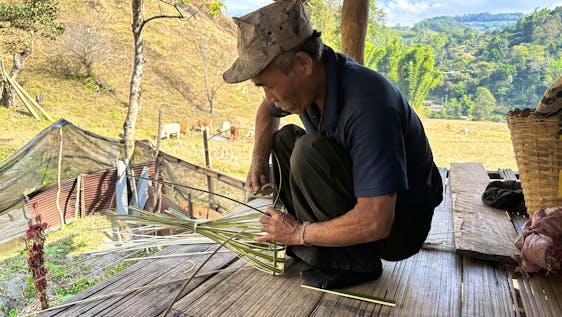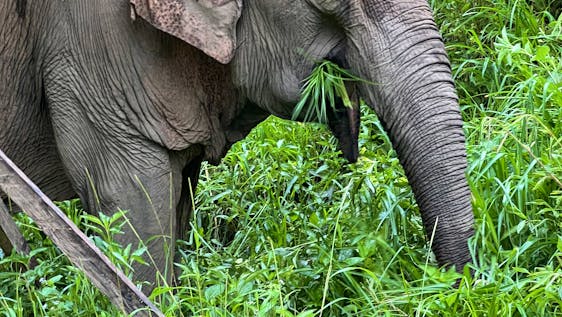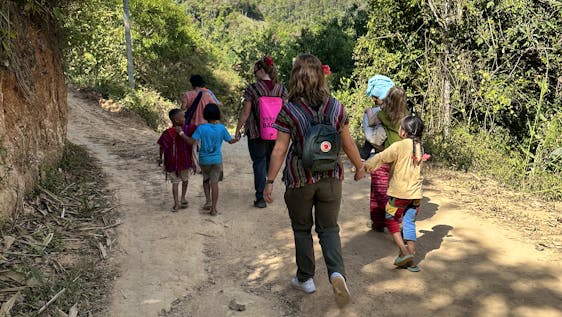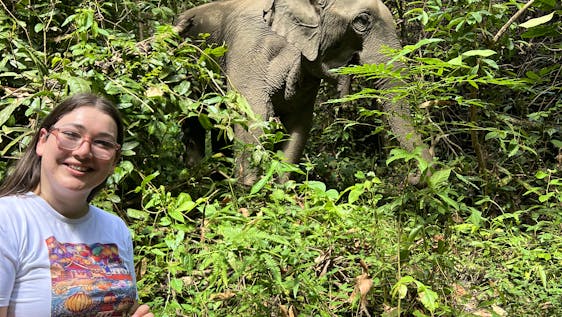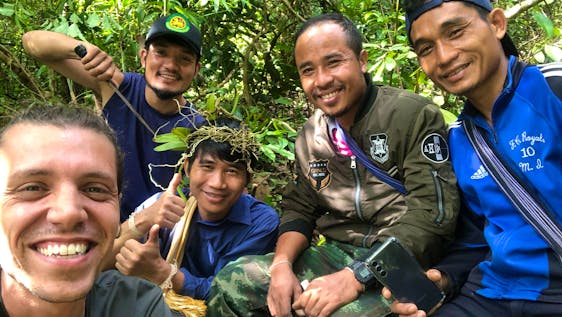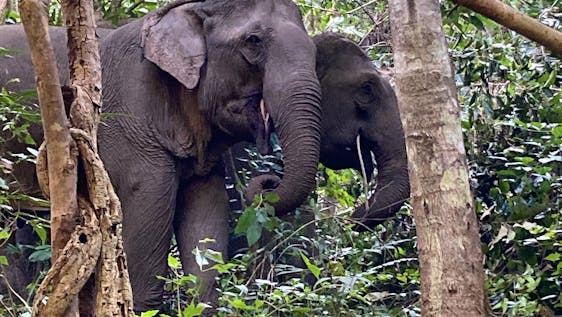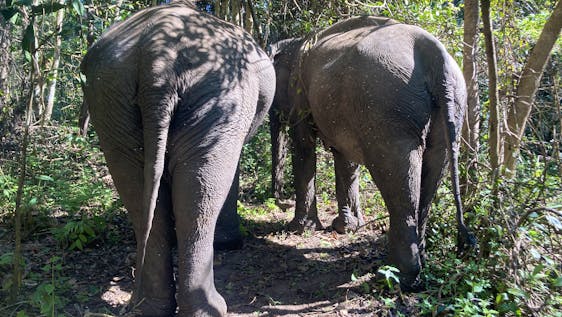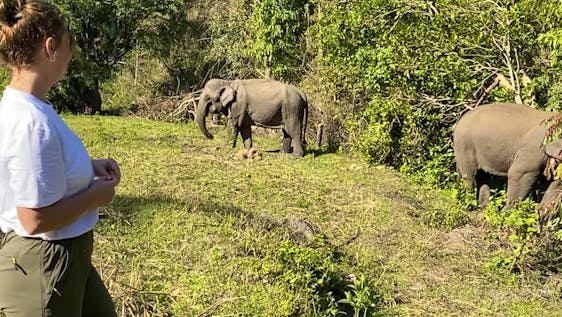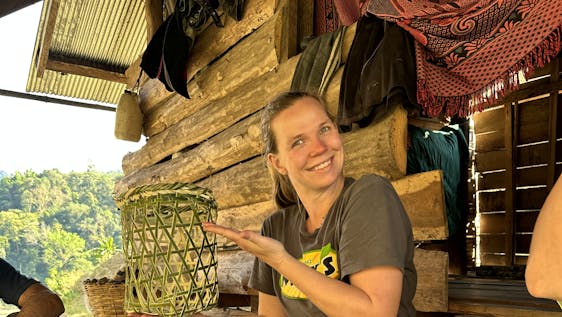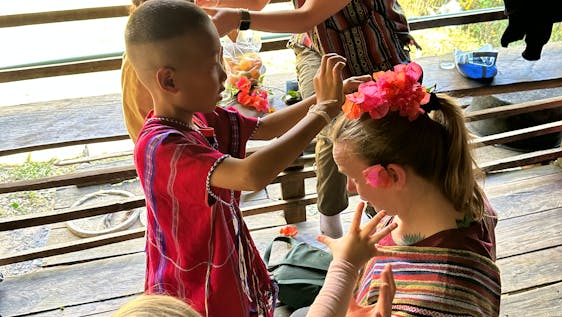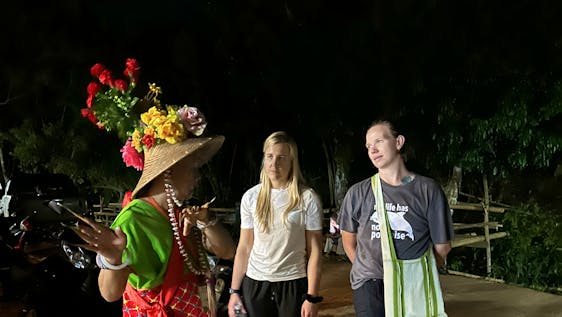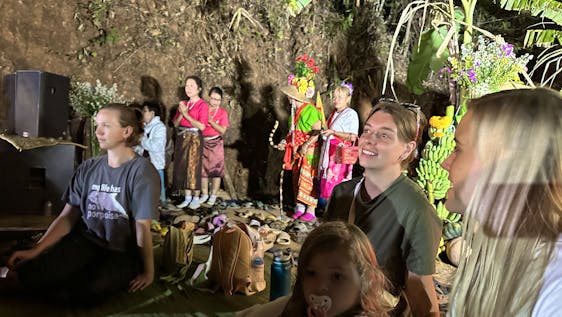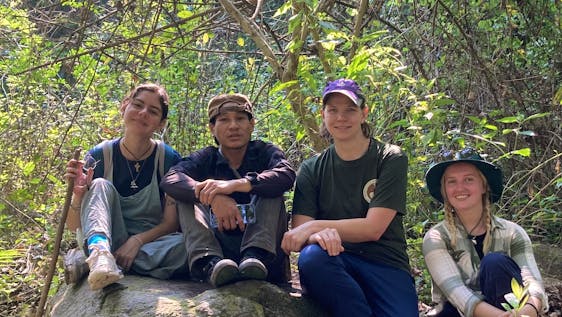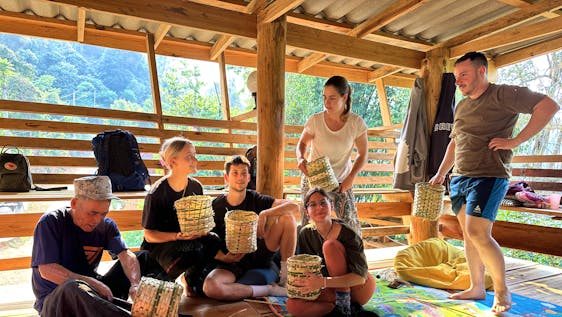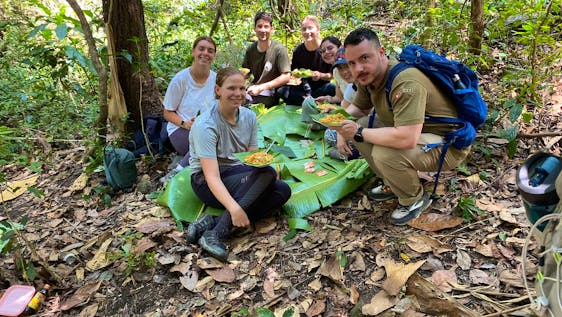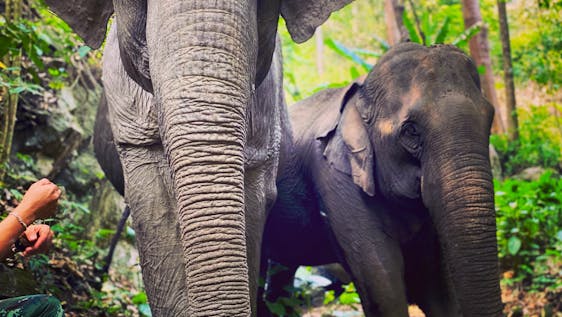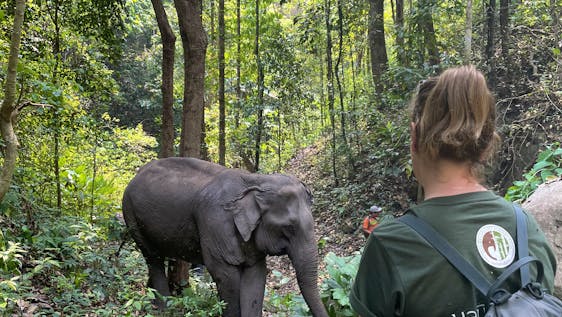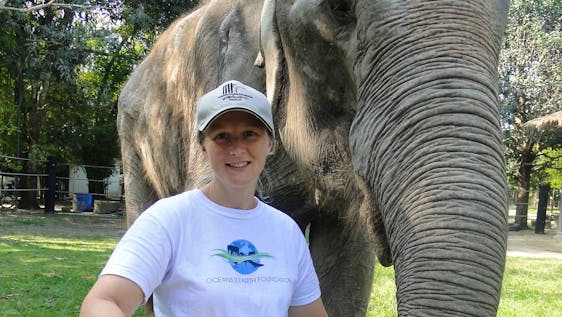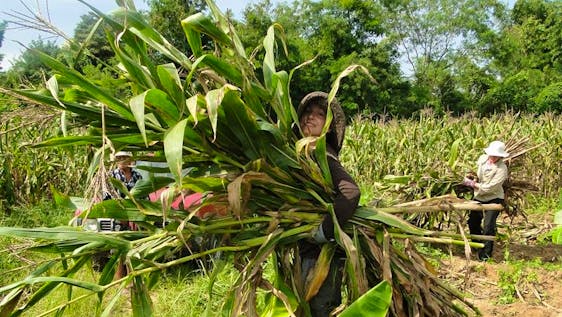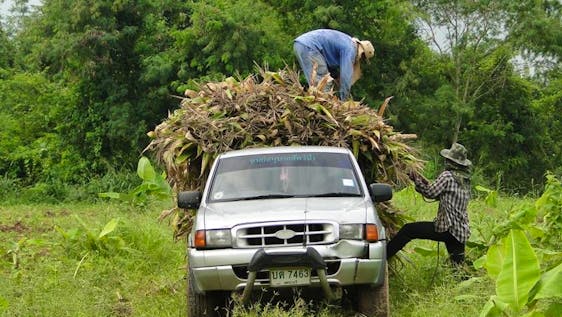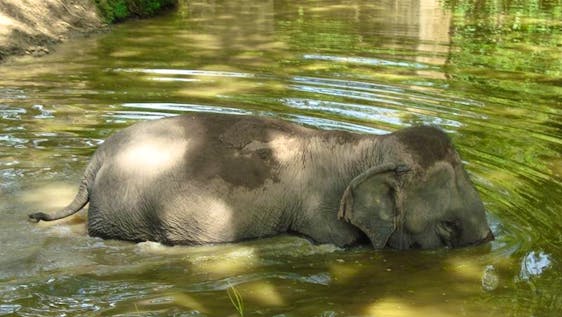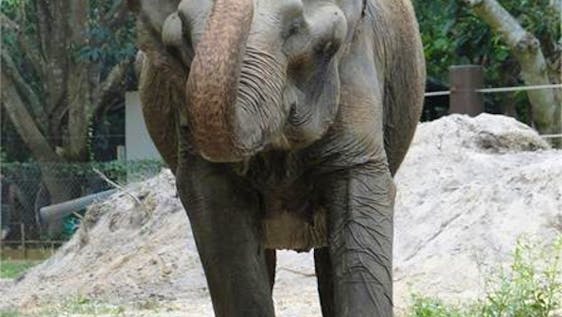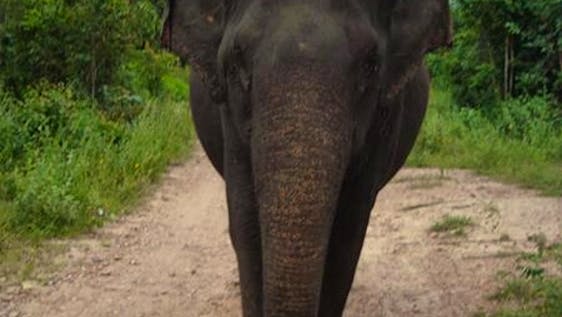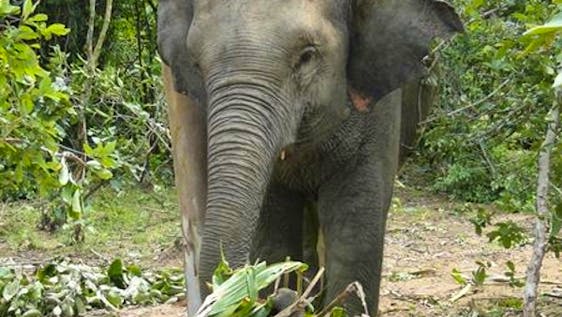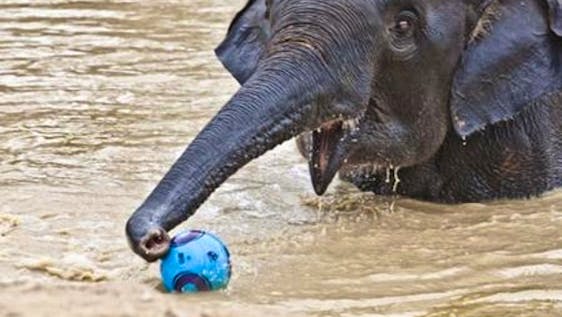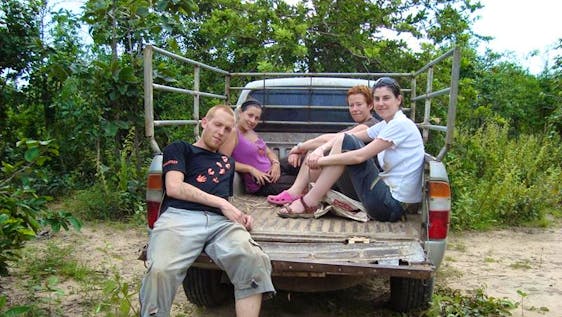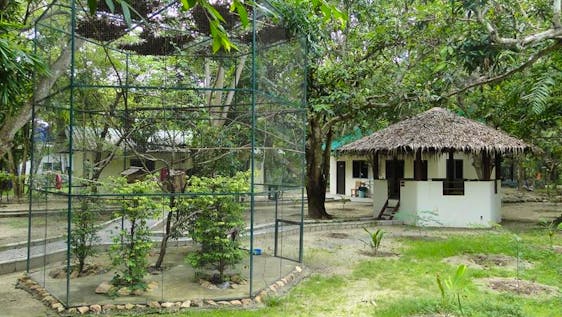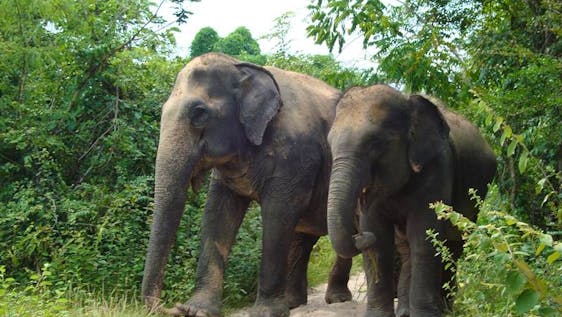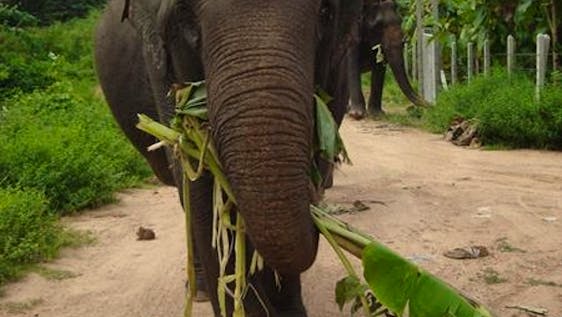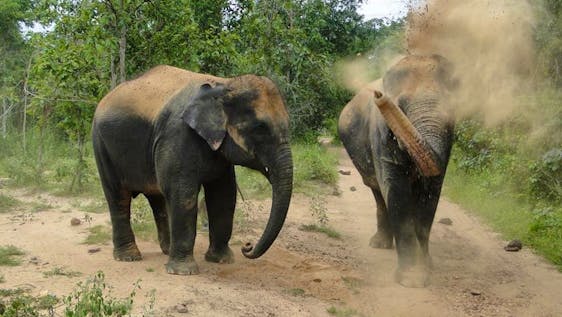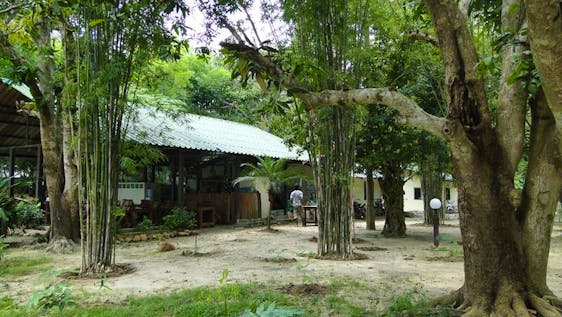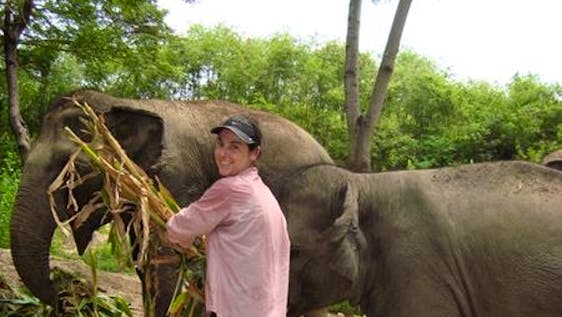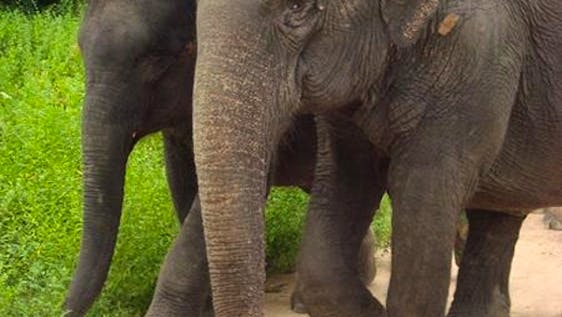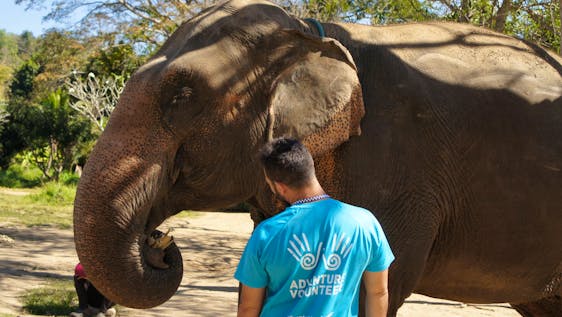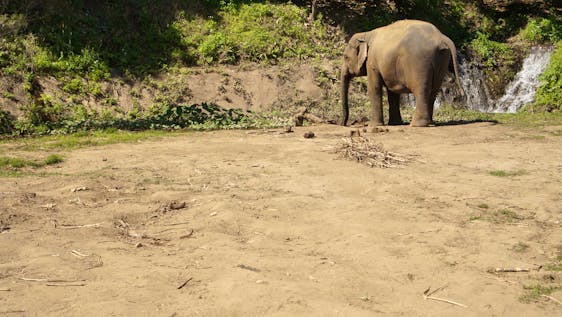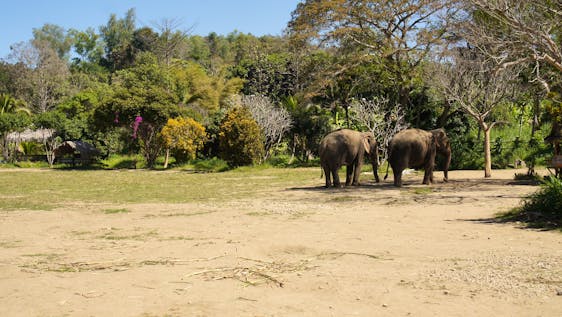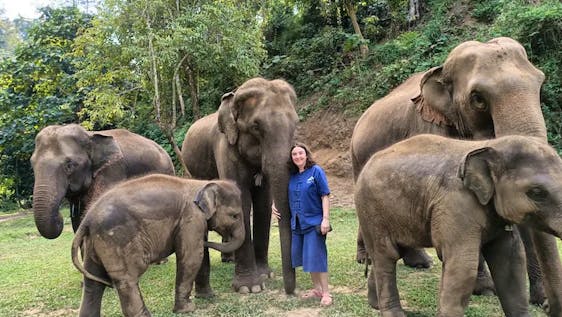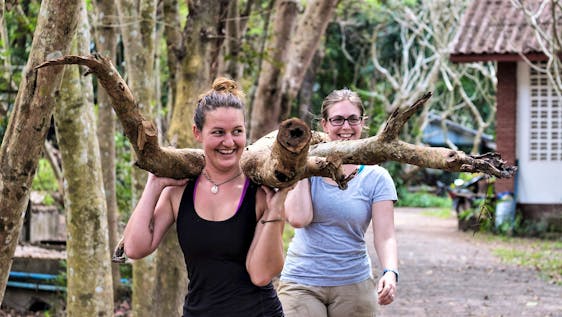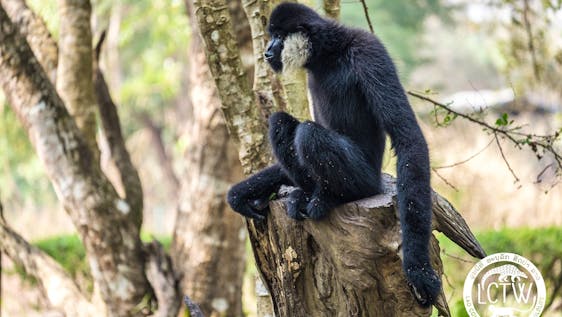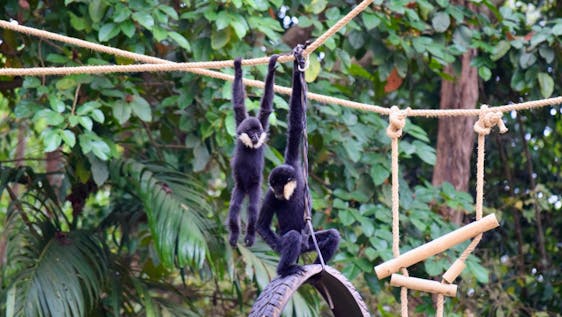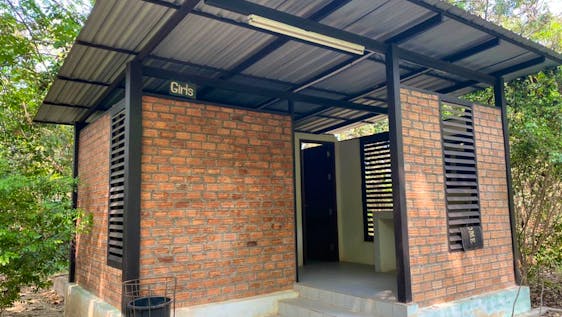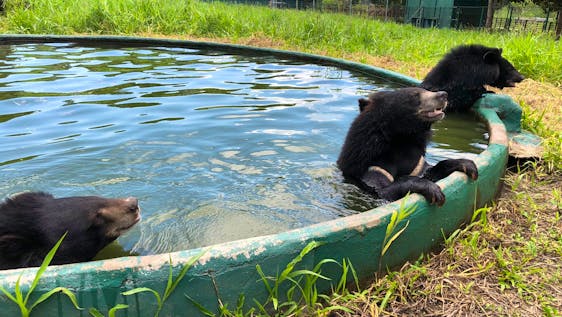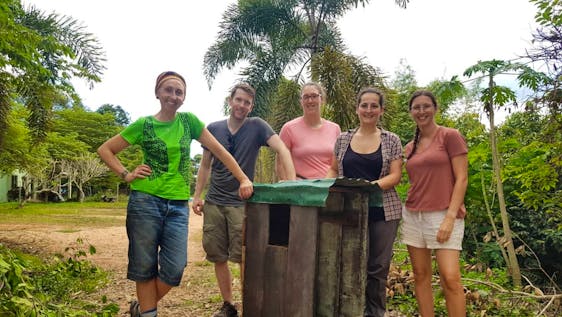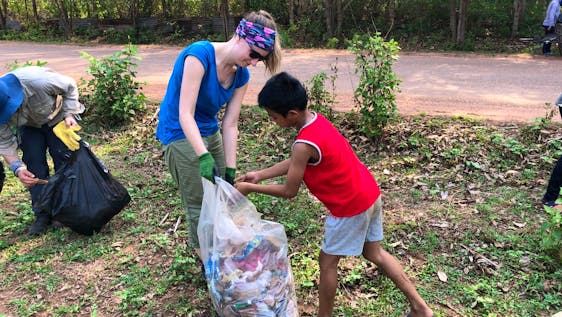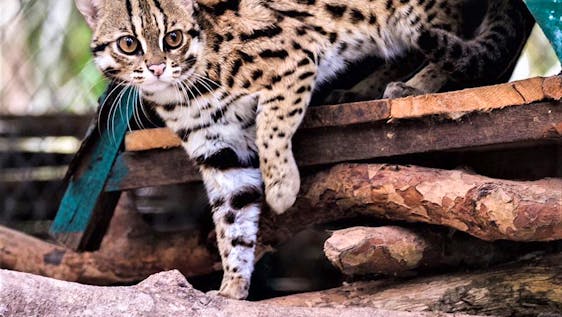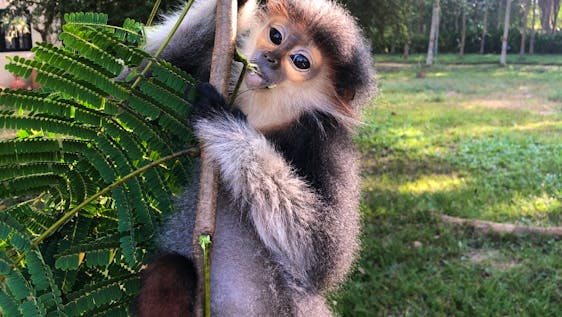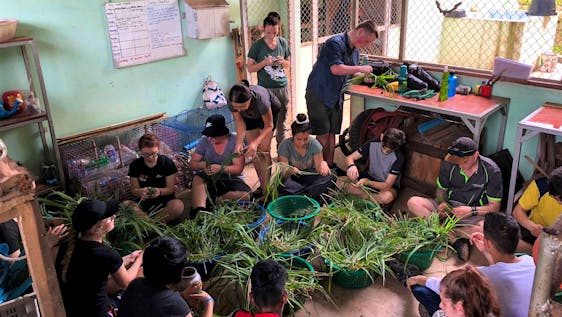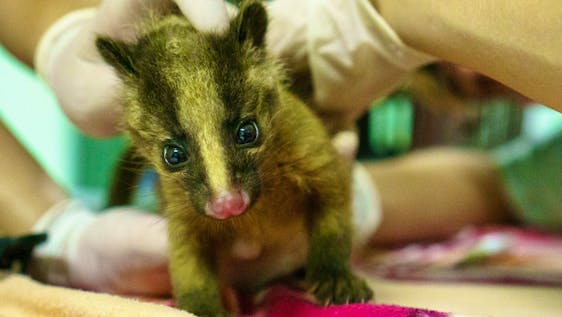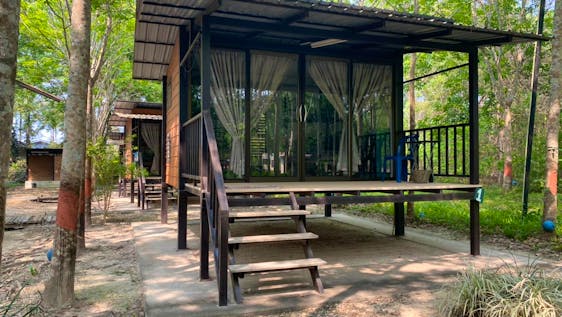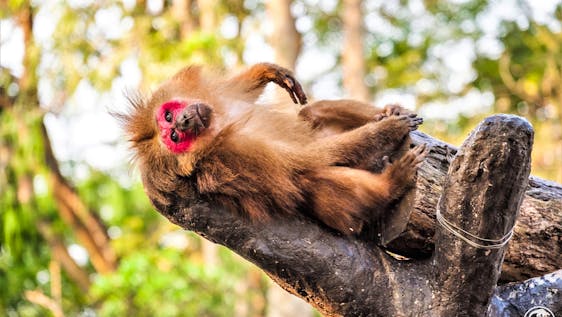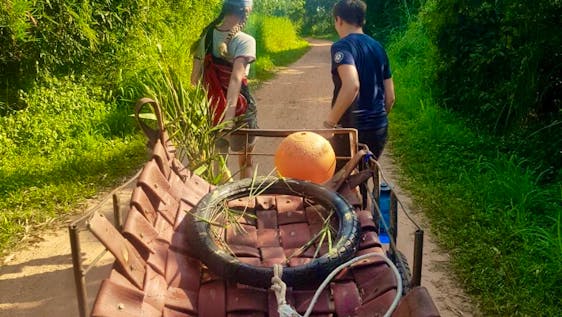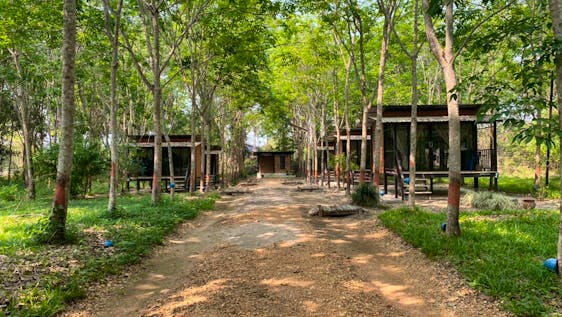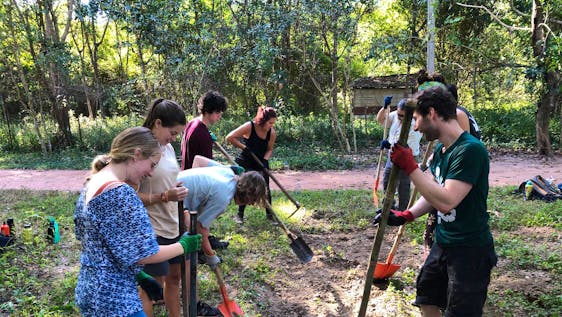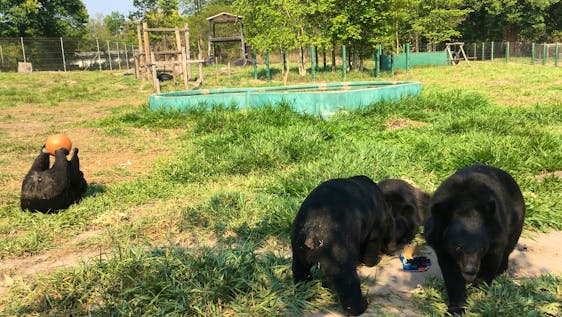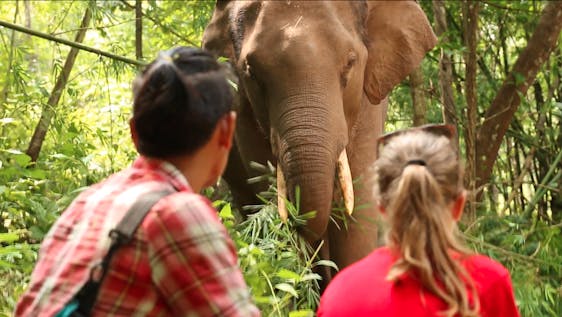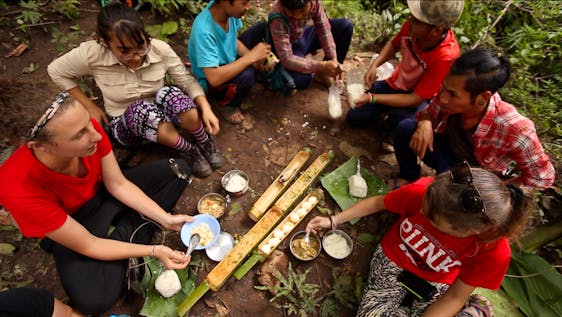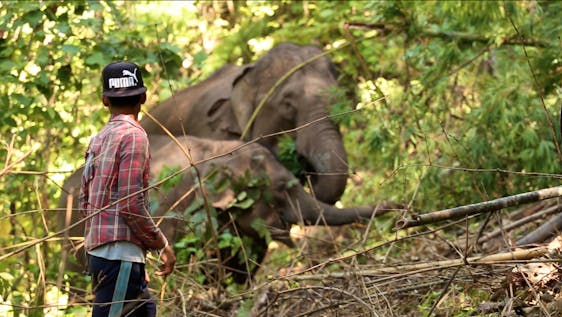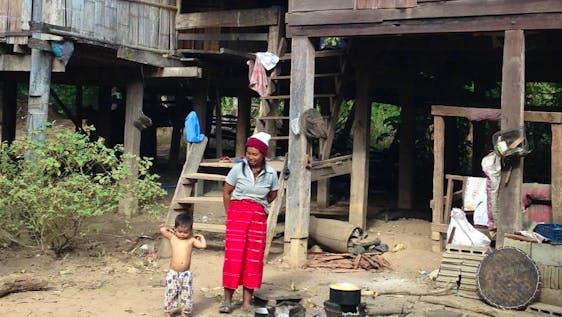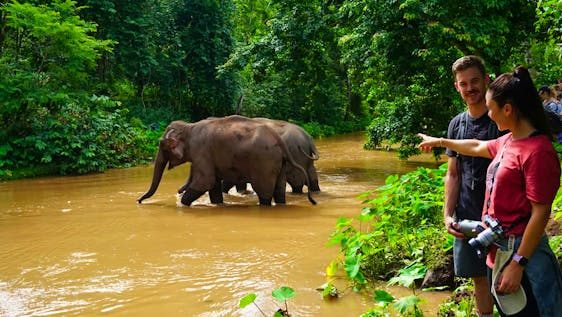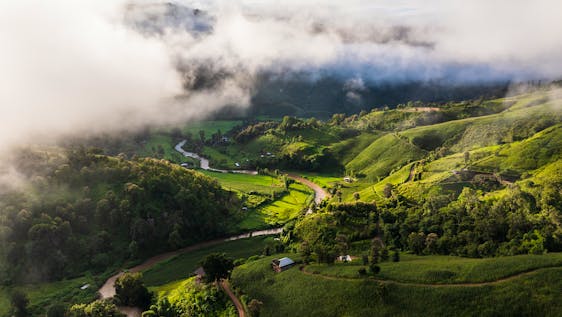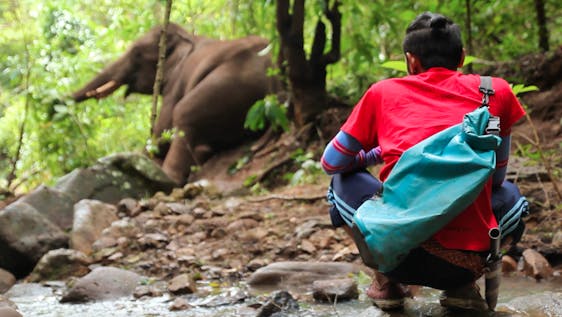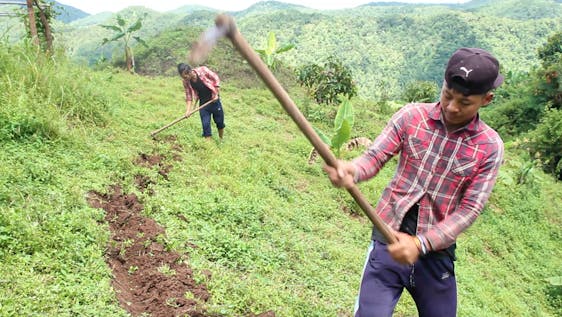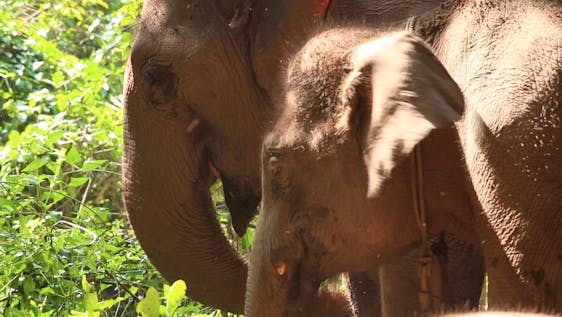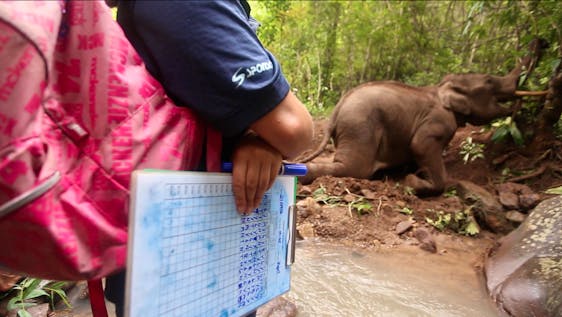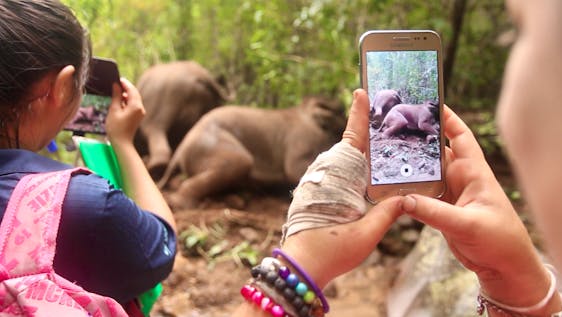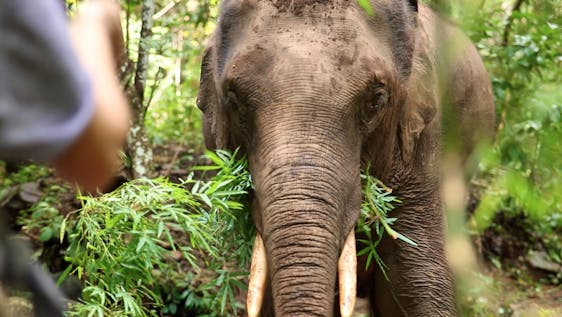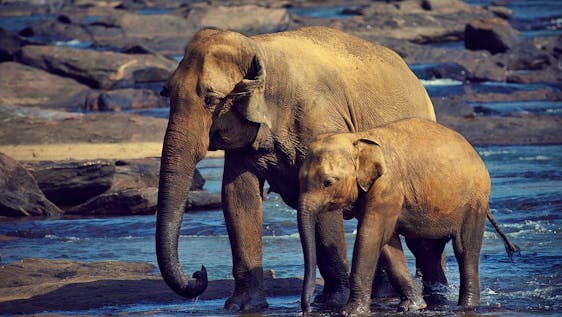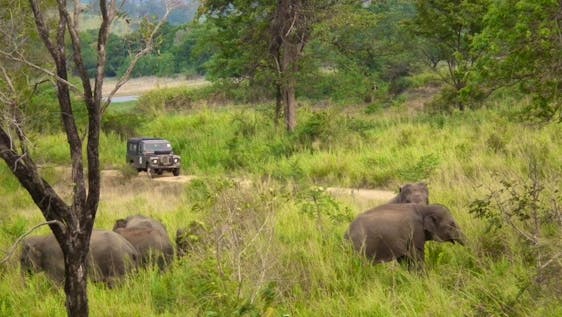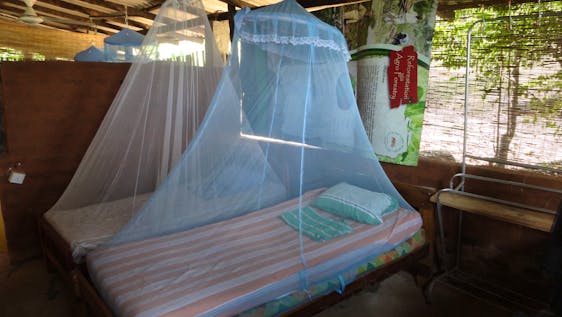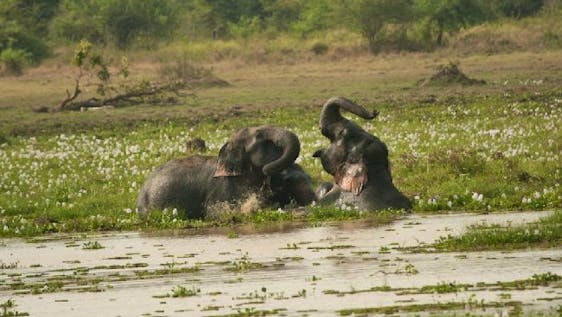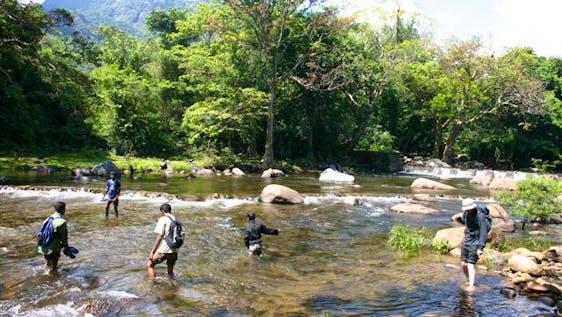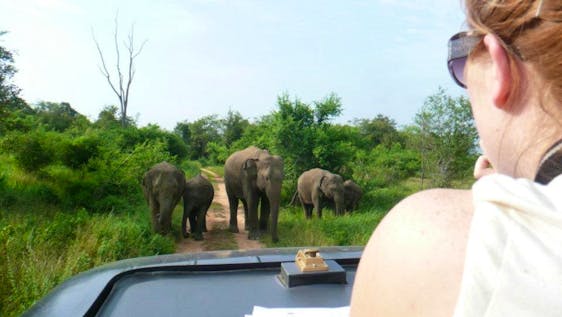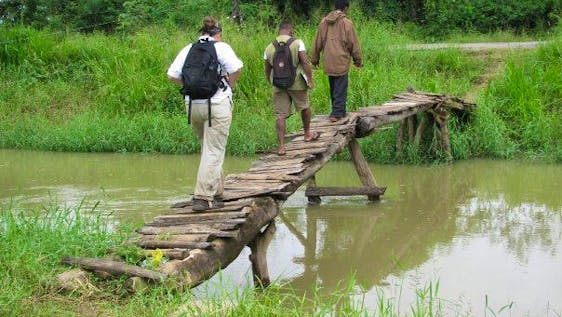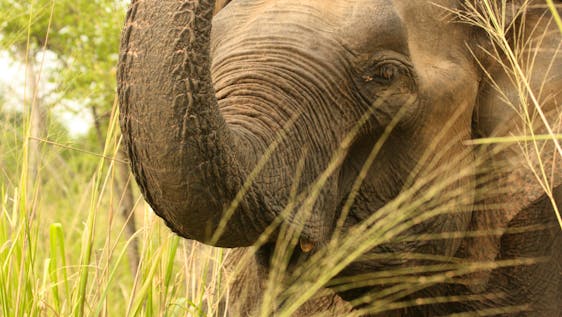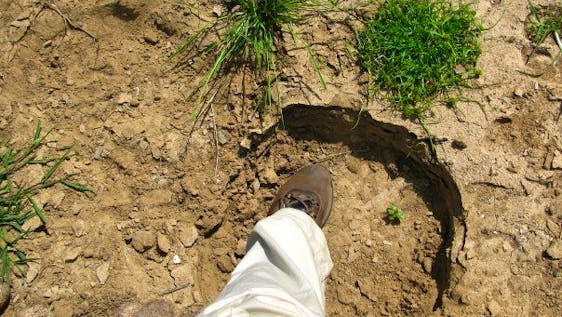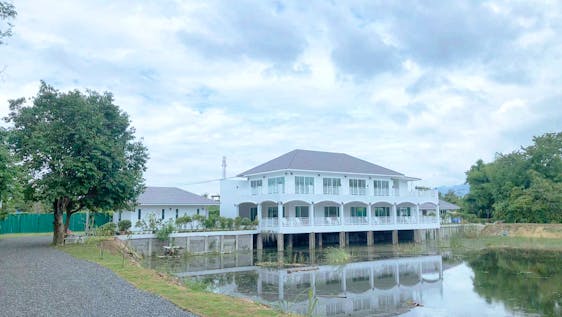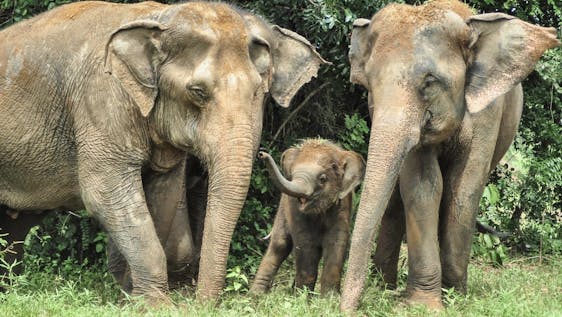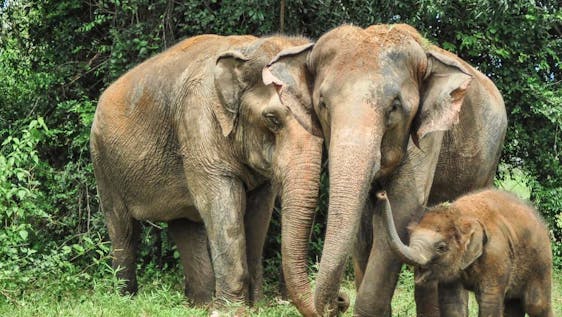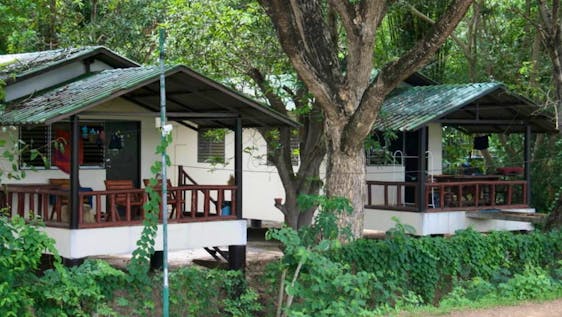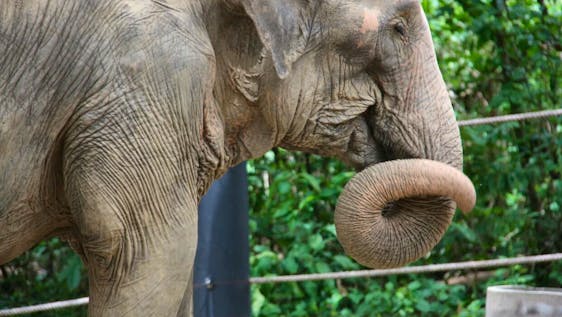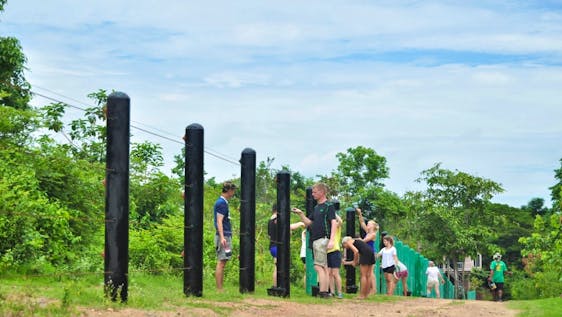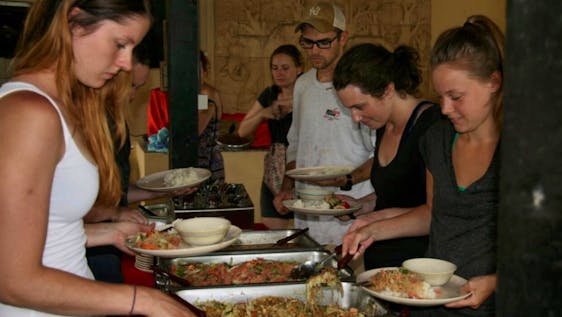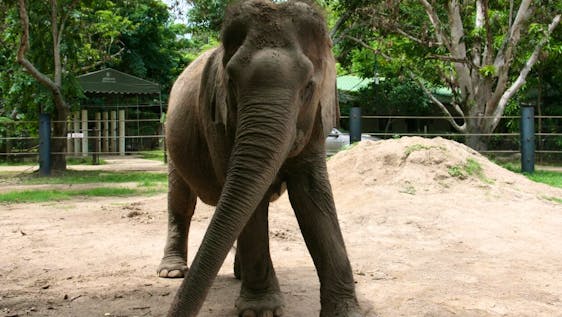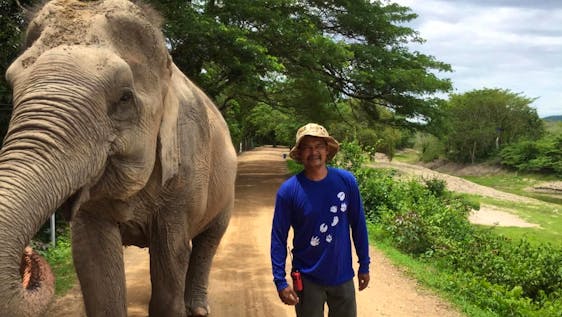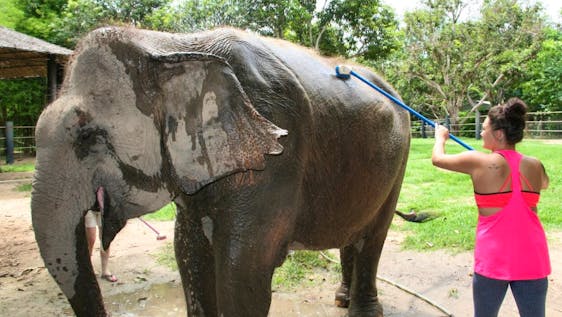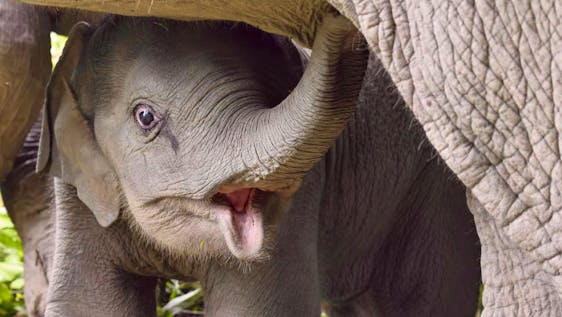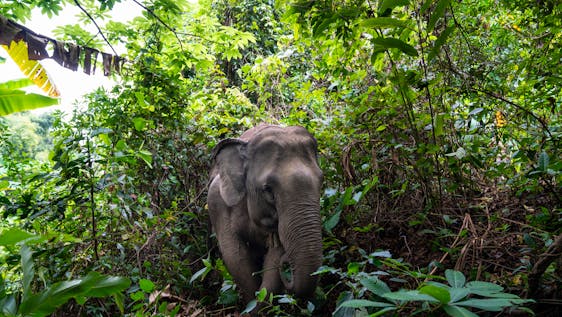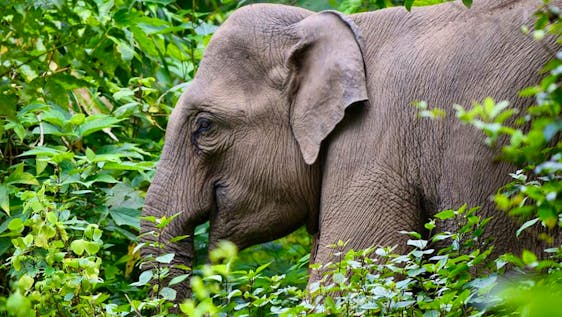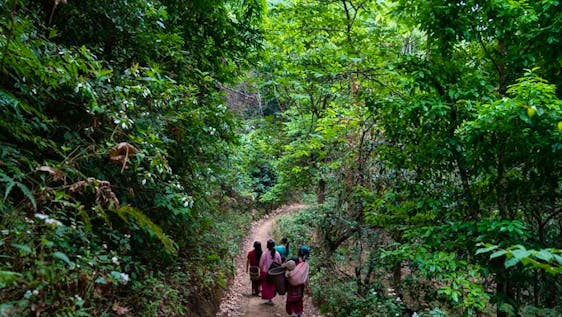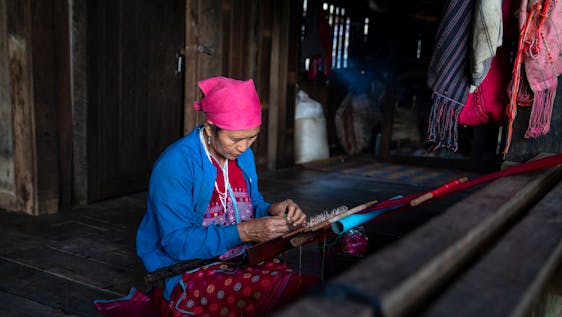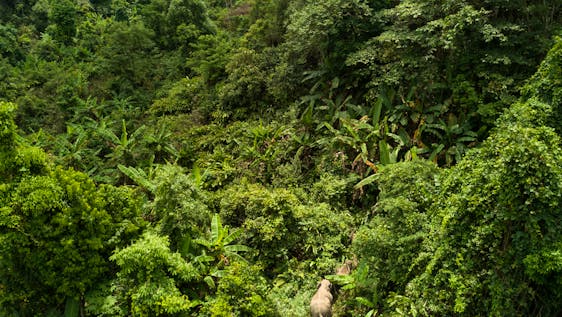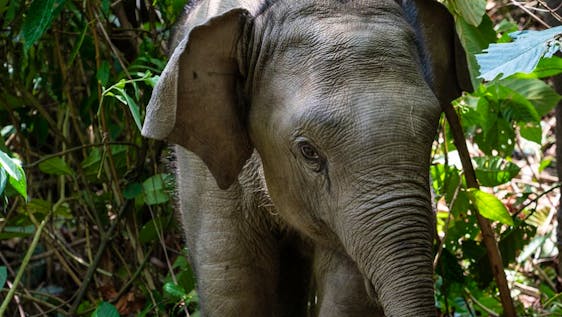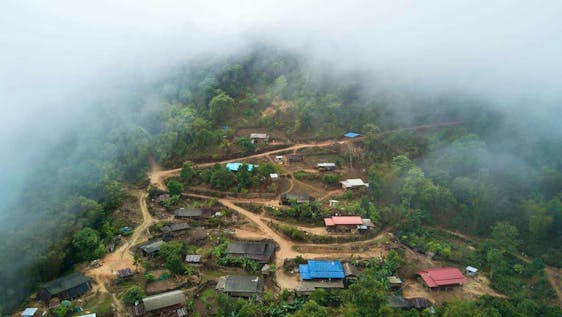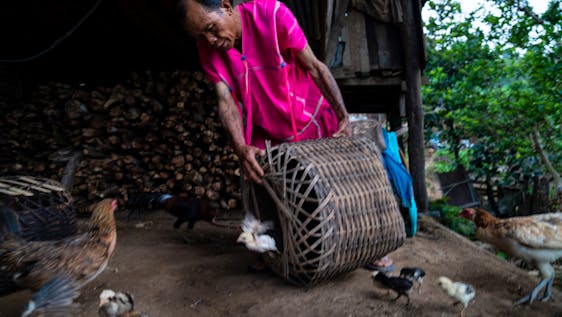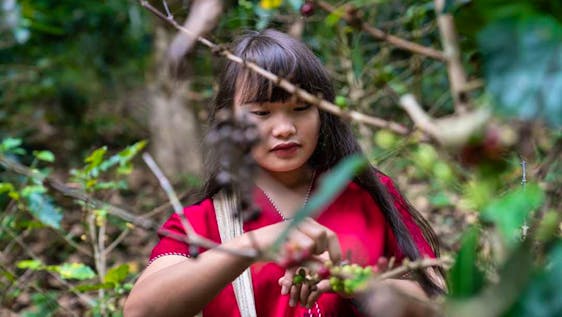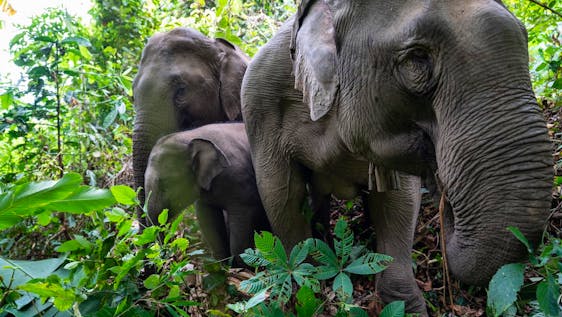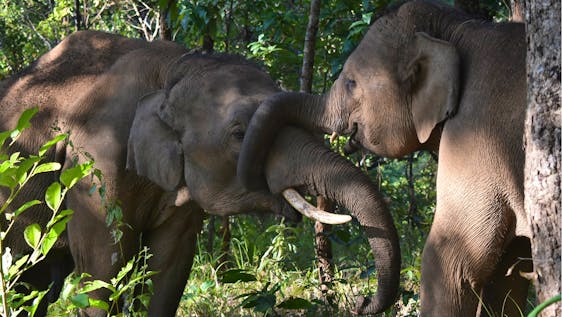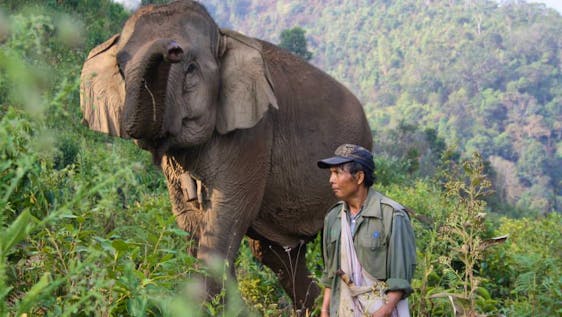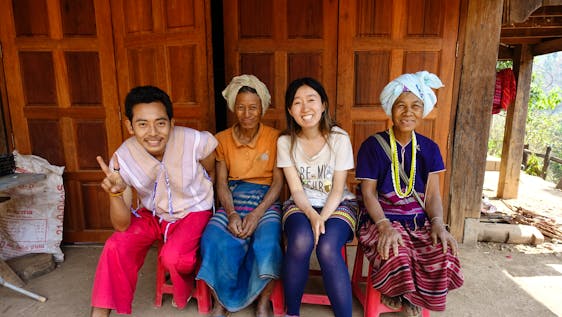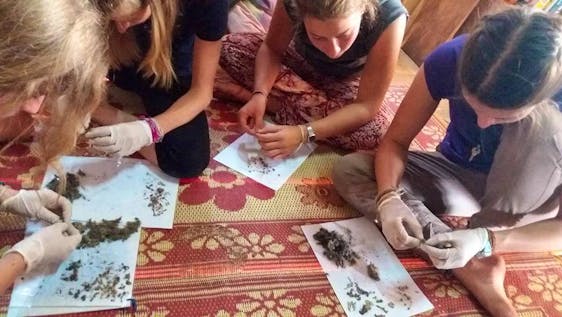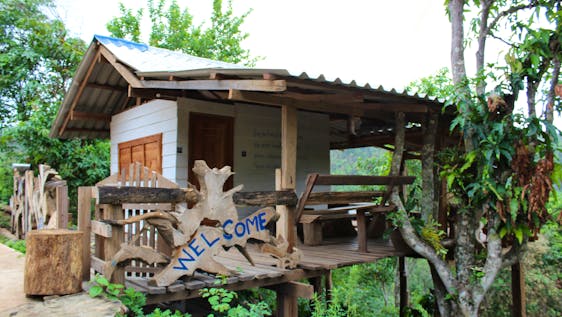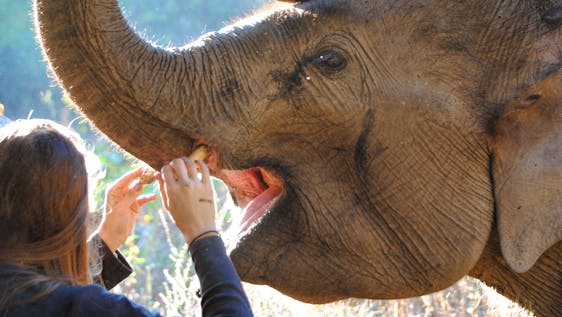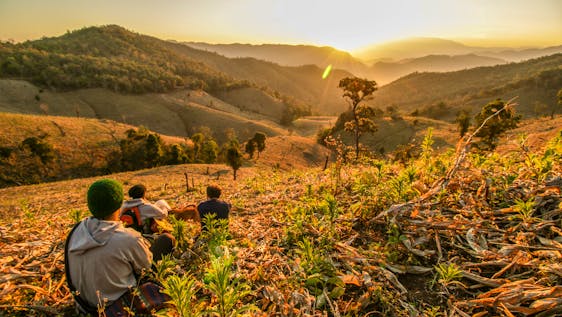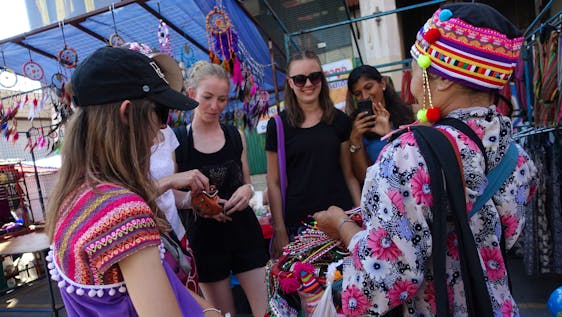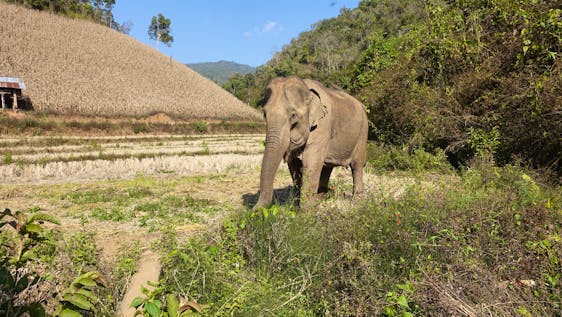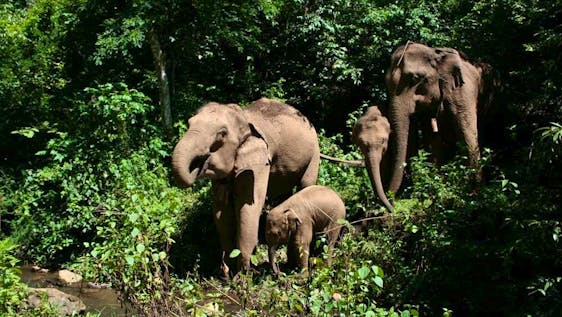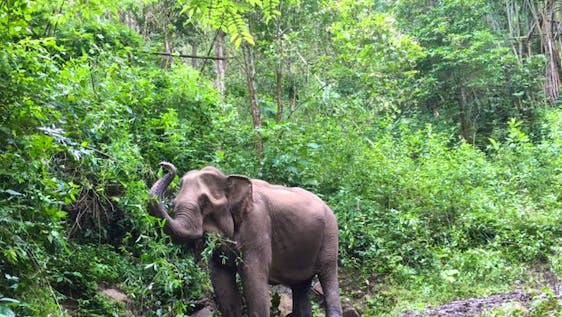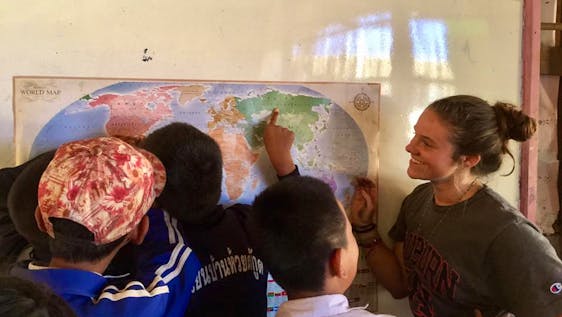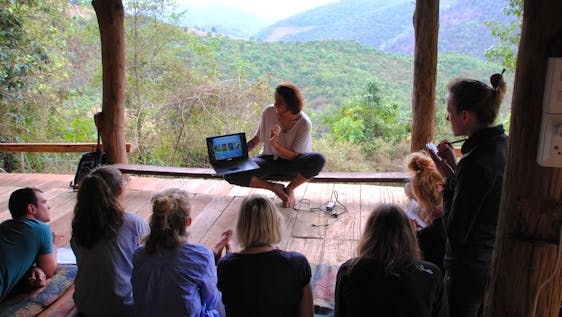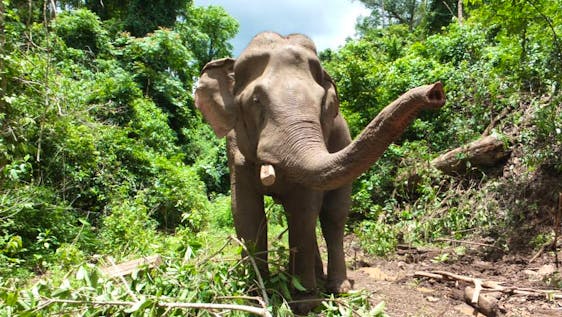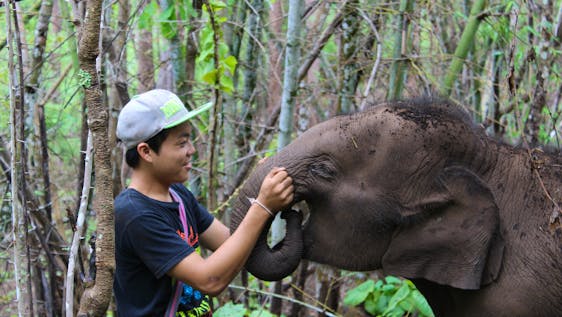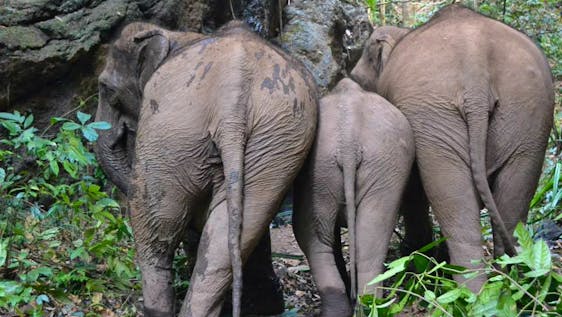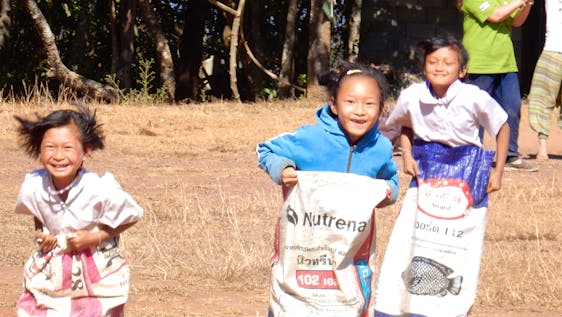Volunteer with Elephants in Asia
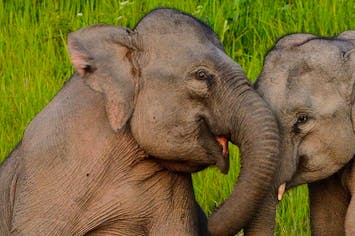
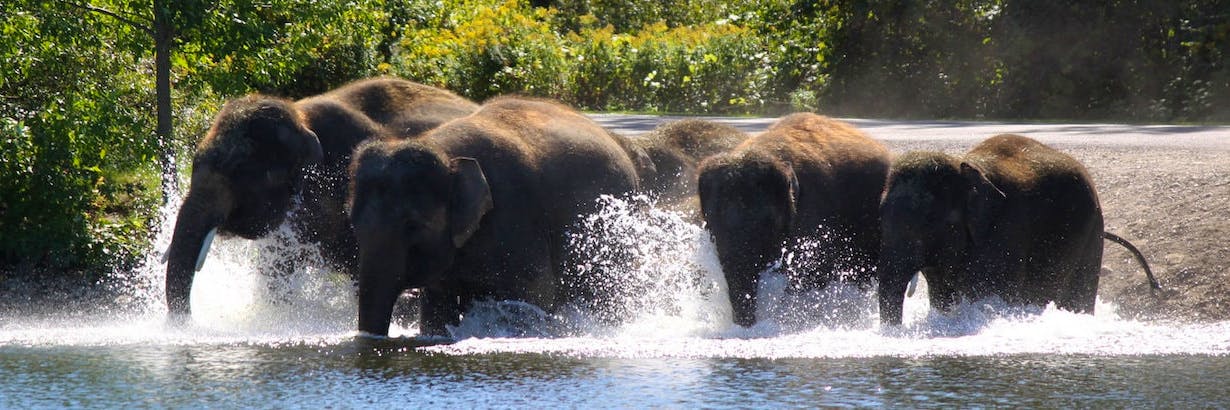
Volunteer Projects and Internships with Asian Elephants
Who doesn’t love elephants? Probably everyone would love to see these amazing creatures in real life and would like to spend some time with them. Guess what: you have the opportunity to combine spending time abroad and at the same time volunteer with Asian elephants.
In Asia, elephants are important cultural icons and symbolize wisdom and royal power. In comparison to their African relatives, the Asian elephant is slightly smaller in size and can also be identified by their smaller and rounded ears that resemble the shape of the Asian continent. In order to survive the animals need extensive land that provides a lot of food. Furthermore, the elephants that live in herds rely on hundreds of pounds of food on a single day. Sadly, due to their tremendous use of space, food and water these large mammals place great demands on the environment, resulting in conflict with people in competition for resources.
Asian Elephant Conservation status in 2025
According to the IUCN Red List of Threatened Species the Asian elephant is endangered and constantly decreasing. At the beginning of the 20th century the population was as high as 100.000 elephants but has fallen by 50% of their original rage. Nowadays it is estimated that the elephant population in Asia has shrunk to about 40.000 to 50.000 animals. There are different reasons for the drastic decline of Asian elephants, but some of the biggest threats to these creatures are:
- poaching and illegal ivory trading
- habitat loss
- general human-wildlife conflict
- unsustainable tourism
Even though the trade of ivory was internationally banned in 1989, there are black markets for ivory because the tusks are worth a lot of money and in Asia the tradition of ivory carving is as old as 500 years. Thailand for example has one of the largest and most active ivory industries worldwide. Because only the male Asian elephants have tusks, poaching has also impacts on the reproduction of the animals. Furthermore, elephants are also poached for their leather and their meat.
Besides poaching, one of the biggest threats for Asian elephants is the competition for space. As one of the fastest growing continents in the world, human settlement takes place in the Asian elephants’ areas and migration routes. Through the destruction of forests the elephants continually lose more and more of their natural habitat. Large projects such as the building of roads or dams, agricultural plantations and the general expanding human settlement have also reduced the animals’ space. Similar to poaching, habitat loss and fragmentation also influence the elephants’ reproduction as the populations are divided into small and isolated groups. Resulting from this development is a constant human-wildlife conflict as a growing number of the Asian population lives near the elephants’ areas. Humans and elephants come into contact more often as elephants raid farmland, trample and destroy crops. Not infrequently, people respond with gunfire or poison the elephants.
Another threat for the Asian elephant is the tourism industry. Elephants are taken from their natural habitat in order to function as tourist attractions. Young elephants are captured and illegally imported to Thailand to be used as economical tools. For many tourists, riding on the back of an elephant is the ultimate experience and sadly enough most of the tourists are not aware of the fact that the animals are not made for entertainment. To attract foreign tourists the elephants are being trained to carry people on their backs or to paint ‘funny’ pictures with their trunks. All this are tasks that are extremely unnatural for these animals and are enforced with violent training and handling. This is often visible as they show noticeable scars and wounds on their grey and thick skin as well as unnatural behavior that results from trauma and stress.
As you can see there are many threats to Asian elephants. Because of that, the animals rely on the helping hand of volunteers. If you are interested in turning your travel experience into an even more meaningful journey keep on reading because in the following we will give you all the information you need in order to help Asian elephants.
Best Places to work with Asian Elephants
Before you start your amazing volunteer journey you need to make a decision about where you want to go in Asia. You have a great variety of options where you are able to volunteer with Asian elephants, such as:
But choosing the right place for you is not that easy and relies on a few factors. If you prefer to stay in a more remote area, we highly recommend Sri Lanka. The island in the Indian Ocean offers you not only the most stunning nature, but furthermore an insight into elephant sanctuaries. Here you have the possibility to stay in the Central Province, Kegalle, Ambalangoda or the Wasgamuwa National Park. Another place for you to volunteer at is Sabah, a part of Malaysia located on the north of Borneo Island. With its tropical rainforests and long mountain ranges, Borneo offers you the most spectacular nature. If you are looking for a more popular and touristy destination, Chiang Mai in Thailand might be the better spot for you. The city, also referred to as the “Rose of the North”, offers you both an amazing landscape and cultural attractions. Of course, it is hard to choose where to go. In order to help you, the following guide will give you detailed information on the different projects in the field of Asian elephant conservation.
How can I help to save the Asian Elephant?
There is a variety of different programs in order to protect the Asian elephant with each project having a different focus. Depending on what you are looking for during your time volunteering, the following introduction into the different tasks will be helpful for you to find the perfect program for you.
Your tasks as a volunteer
During your volunteer time abroad you will fulfill different work in various fields, of course depending on the program you are going to choose. Some of these tasks require you to work closely with the endangered animals but there can also be days where your help in office work is needed. If you are working closely with the animals you will have different responsibilities from cleaning to feeding the animals or cleaning their sheds. In most of the projects, you will work closely with the traditional mahouts. This will furthermore give you the amazing experience of learning how to communicate with the elephants. In order for you to get an overview of your tasks as a volunteer with Asian elephants, please take a look at the following list of possible tasks:
- cleaning the elephants’ sheds
- health inspection of the elephants
- assisting veterinarians
- feeding the animals
- construction and maintenance of mud pits
Some of the programs offered also include the collection of scientific data about the Asian elephant and their social behavior. So if you are thinking of becoming a biologist or veterinarian this could be the perfect volunteering option for you. Another work that is of great importance is the work in local communities, where your main task is to inform locals about the Asian elephants, your volunteer project, and their significance. Tasks can be:
- interacting with the local children (Teaching English, playing)
- interacting with community members
- assisting at local schools
Your benefits of volunteering with Asian Elephants
Volunteering with Asian elephants is probably one of the most amazing experiences. Not only will you do something meaningful by being a volunteer, but you will also grow as a person through your different tasks and responsibilities. As a volunteer, you will be part of a great project, with people from all over the world with different cultural backgrounds. Sharing the same passion for animal conservation and working and achieving something together will connect you even more. Besides the personal growth, your time as a volunteer can also be helpful for those of you who haven’t decided on a career path yet. If you are thinking about a career in biology or you always thought about becoming a veterinarian, the hands-on work with Asian elephants might make your choice easier. Another benefit is, of course, the language. Spending time in a different country will improve your language skills and you will become more confident with its use. Becoming a volunteer is highly interesting because it gives you the opportunity to combine both volunteering and traveling. That sounds like an experience you are looking for? Do not wait and start to plan your next adventure right now!
EVALUATED NE
DEFICIENT DD
CONCERN LC
THREATENED NT
ENDANGERED CR
IN THE WILD EW
 Hotspots
Hotspots
 Elephant Conservation
Elephant Conservation
 Activities
Activities
 Asia
Asia
 South East Asia
South East Asia
 Wildlife Conservation
Wildlife Conservation
 Animal
Animal
 Thailand
Thailand
 Bangkok
Bangkok
 Planting Trees
Planting Trees
 Sri Lankan Elephant
Sri Lankan Elephant
 Sri Lanka
Sri Lanka
 Southern Asia
Southern Asia
 Animal Sanctuary
Animal Sanctuary
 Chiang Mai
Chiang Mai
 Volunteer and Travel
Volunteer and Travel
 Voluntourism
Voluntourism
 Kathmandu
Kathmandu
 Delhi
Delhi
 Himalaya
Himalaya
 Jaipur
Jaipur
 Monastery
Monastery
 Vegan
Vegan
 Elephant Research
Elephant Research
 Monkey Conservation
Monkey Conservation
 Indian Elephant
Indian Elephant
 Yoga
Yoga
 Reforestation
Reforestation
 Cambodia
Cambodia
 Bear Conservation
Bear Conservation
 Indigenous cultures
Indigenous cultures
 Gibbon
Gibbon
 Macaque
Macaque
 Civet Conservation
Civet Conservation
 Wildcat Conservation
Wildcat Conservation
 Otter Conservation
Otter Conservation
 Giant Otter
Giant Otter
 Intern Abroad
Intern Abroad
 Photography Internship
Photography Internship
 Marketing and IT
Marketing and IT
 NGO Support
NGO Support
 Laos
Laos
 National Park
National Park
 Ecological Farming
Ecological Farming
 Conservation Work
Conservation Work
 Plant Conservation
Plant Conservation
 Environment
Environment
 Asiatic Softshell Turtle
Asiatic Softshell Turtle
 Sea Turtle Conservation
Sea Turtle Conservation
 Hiking
Hiking
